Achieving and maintaining healthy, radiant skin is a goal for many, but navigating the world of skincare can often feel overwhelming. Whether you’re dealing with dark spots, signs of aging, or simply want to enhance your skin’s overall health, a consistent and effective skincare routine is key. In this blog post, we will explore essential tips and advice on how to create a long-term skin care plan that addresses your specific needs. By understanding your skin type, incorporating targeted treatments, and maintaining a consistent routine, you can achieve younger, healthier skin. Let’s look into the essentials of skincare and discover how you can unlock your skin’s full potential.
Table of Contents
Understanding Skin Aging and Dark Spots
Skin aging and the appearance of dark spots are common concerns that many people face as they get older. Understanding the causes and mechanisms behind these issues is crucial for effective skin care. This section will provide insights into why our skin ages and how dark spots form, with tips on addressing these concerns for healthier, younger-looking skin.
Causes of Skin Aging
Skin aging is a natural process influenced by both intrinsic and extrinsic factors:
- Intrinsic Aging: This is the natural aging process that occurs with time. It is largely determined by genetic factors and results in the gradual loss of collagen and elastin, which are proteins that give the skin its firmness and elasticity. This leads to thinner, less resilient skin, fine lines, and wrinkles.
- Extrinsic Aging: External factors accelerate the aging process. The most significant contributor is sun exposure, which leads to photoaging. Other factors include pollution, smoking, poor diet, and lack of sleep. These elements cause oxidative stress, leading to the breakdown of collagen and elastin fibers.
Factors Contributing to Dark Spots
Dark spots, also known as hyperpigmentation, occur when certain areas of the skin produce more melanin, the pigment responsible for skin color. The primary causes of dark spots include:
- Sun Exposure: Ultraviolet (UV) rays from the sun stimulate melanin production, leading to sunspots or solar lentigines, commonly known as age spots.
- Hormonal Changes: Conditions like melasma are often triggered by hormonal fluctuations during pregnancy or due to the use of birth control pills.
- Post-Inflammatory Hyperpigmentation (PIH): Dark spots can form after an injury or inflammation of the skin, such as acne, eczema, or cuts.
- Aging: As skin ages, its ability to regenerate slows down, making dark spots more noticeable and harder to fade.
Impact of Skin Aging and Dark Spots on Skin Health
Aging and hyperpigmentation not only affect the appearance of the skin but also its overall health. As skin ages and becomes more susceptible to damage, it loses its ability to repair itself efficiently. Dark spots, while generally harmless, can be a sign of cumulative sun damage and may indicate a higher risk of skin issues, including skin cancer.
To address skin aging and dark spots effectively, a comprehensive skincare routine is essential. This should include:
- Sun Protection: Using a broad-spectrum sunscreen with SPF 30 or higher daily can prevent further sun damage and reduce the risk of new dark spots from forming.
- Antioxidants: Incorporating products with antioxidants like Vitamin C can help protect the skin from free radical damage and lighten existing dark spots.
- Exfoliation: Regular exfoliation can remove dead skin cells and promote cell turnover, helping to fade dark spots and reveal fresher, younger-looking skin.
- Targeted Treatments: Products containing ingredients such as retinoids, hydroquinone, or niacinamide can specifically target hyperpigmentation and signs of aging.
By understanding the causes and effects of skin aging and dark spots, and using targeted skin care strategies, you can achieve a healthier, more youthful complexion. Consistent use of the right products and practices will not only improve the appearance of your skin but also enhance its overall health.
Daily Skin Care Routine with Highly Rated Recommended Products
A consistent daily skincare routine is essential for maintaining healthy, youthful-looking skin. Incorporating the right products and practices into your daily regimen can help address concerns like aging, dark spots, and overall skin health. Here’s a step-by-step guide to an effective daily skincare routine:
1. Cleansing
Cleansing is the first and most crucial step in any skincare routine. It removes dirt, oil, and impurities that can clog pores and lead to breakouts.
How to Do It: Use a gentle, hydrating cleanser suited to your skin type. For dry skin, choose a cream or oil-based cleanser. For oily or acne-prone skin, opt for a foaming or gel cleanser.
Recommended Products:
- CeraVe Hydrating Cleanser: Suitable for normal to dry skin, it cleanses without stripping moisture.
- La Roche-Posay Toleriane Hydrating Gentle Cleanser: Ideal for sensitive skin, this cleanser soothes and hydrates.
2. Toning
Toners help to balance the skin’s pH levels, remove any residual impurities, and prepare the skin for better absorption of subsequent products.
How to Do It: Apply a toner with a cotton pad or by patting it directly onto your skin. Look for toners with hydrating ingredients like hyaluronic acid or soothing ingredients like chamomile.
Recommended Products:
- Thayers Witch Hazel Toner with Aloe Vera : Alcohol-free and gentle, it refreshes and soothes the skin.
- Paula’s Choice Enriched Calming Toner: Hydrates and soothes, perfect for sensitive and dry skin.
- Rice Extract Toner for Glowing Skin: Provides hydrating effects for dry and combination skin
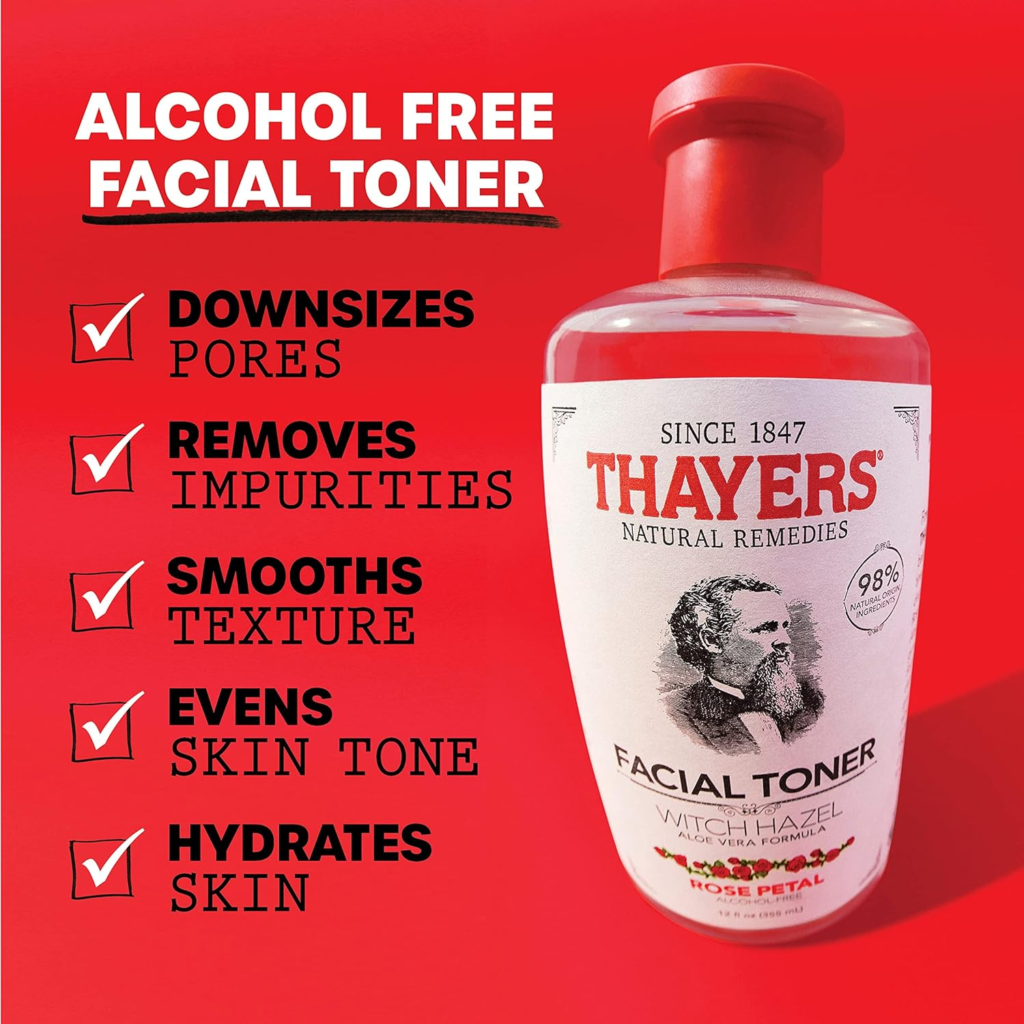
Thayers Witch Hazel Toner with Aloe Vera $14.98
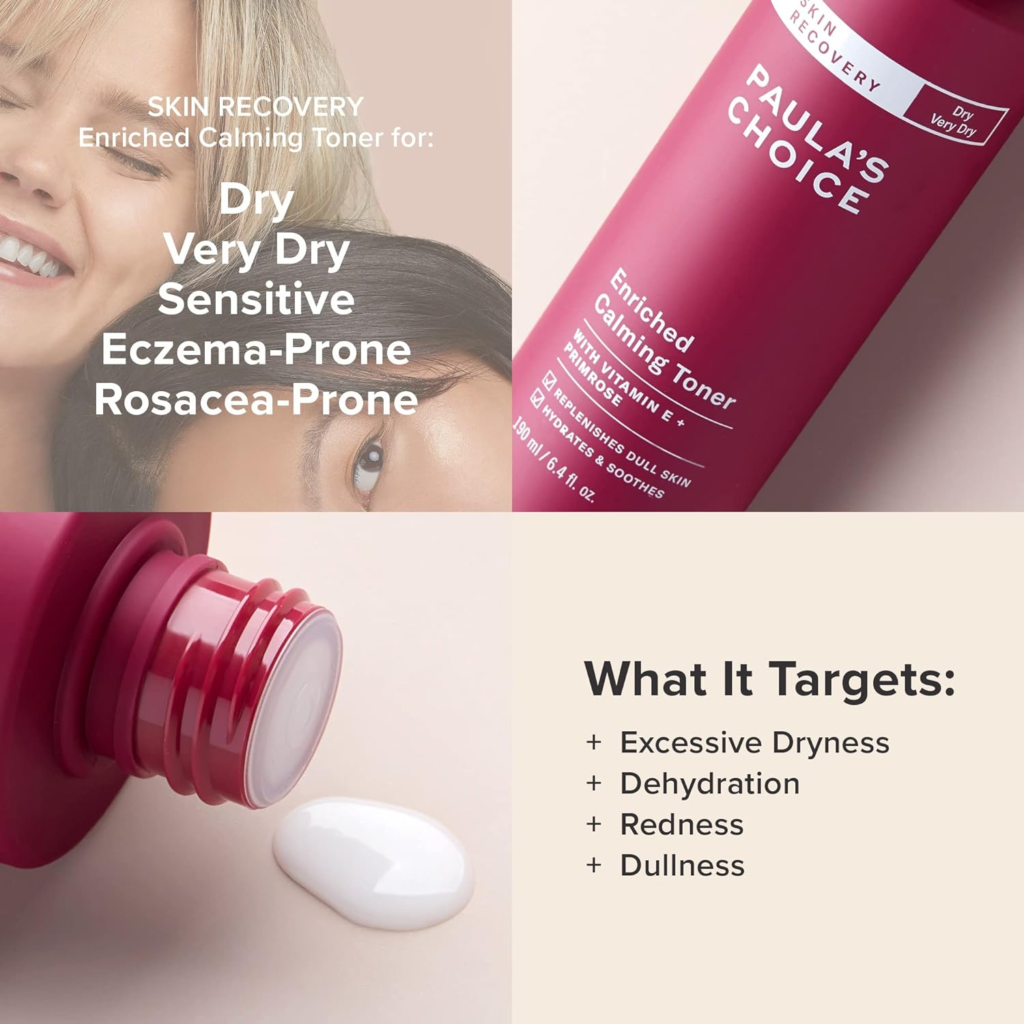
Paula’s Choice Skin Recovery Calming Toner for Sensitive Skin and Dry Rosacea Prone Skin $44.50
Rice Extract Toner for Glowing Skin $27
3. Serums
Serums are concentrated treatments that target specific skin concerns. They deliver active ingredients directly to the skin for maximum effectiveness.
How to Do It: Apply a few drops of serum to your face and gently pat it in. For aging and dark spots, use serums containing Vitamin C, niacinamide, or retinoids.
Recommended Products:
- SkinCeuticals C E Ferulic: A potent antioxidant serum that brightens the skin and reduces the appearance of dark spots.
- The Ordinary Niacinamide 10% + Zinc 1%: Great for reducing blemishes and improving skin texture.
- The Ordinary Granactive Retinoid 2% Emulsion: A gentle retinoid that promotes cell turnover and reduces signs of aging.
4. Moisturizing
Moisturizers hydrate the skin and lock in moisture, keeping the skin barrier intact and preventing dryness.
How to Do It: Choose a moisturizer that suits your skin type. For dry skin, use a rich, creamy moisturizer. For oily skin, a lightweight, non-comedogenic lotion works best.
Recommended Products:
- Neutrogena Hydro Boost Water Gel: Lightweight and hydrating, suitable for all skin types.
- CeraVe Moisturizing Cream: Provides long-lasting hydration with essential ceramides for dry skin.
5. Sun Protection
Sunscreen is a vital part of any daily skincare routine. It protects the skin from harmful UV rays that cause aging, dark spots, and other skin damage.
How to Do It: Use a broad-spectrum sunscreen with SPF 30 or higher every morning, even on cloudy days. Reapply every two hours if you are outdoors.
Recommended Products:
- EltaMD UV Clear Broad-Spectrum SPF 46: Great for sensitive and acne-prone skin, providing broad-spectrum protection.
- La Roche-Posay Anthelios Melt-in Milk Sunscreen SPF 100: High-protection sunscreen that is easily absorbed.
EltaMD UV Clear Broad-Spectrum SPF 46 $70
USA – La Roche-Posay Anthelios Melt-in Milk Sunscreen SPF 100 USD $26.99
CAD – La Roche-Posay Anthelios Face Sunscreen SPF 60 CAD $26.36
Morning Routine Example
- Cleanser: Start with a gentle cleanser to wash your face.
- Toner: Apply toner to balance your skin’s pH.
- Vitamin C Serum: Apply a Vitamin C serum to brighten and protect against free radicals.
- Moisturizer: Hydrate your skin with a suitable moisturizer.
- Sunscreen: Finish with a broad-spectrum sunscreen.
Evening Routine Example
- Cleanser: Use a gentle cleanser to remove makeup and impurities.
- Toner: Apply toner to refresh your skin.
- Retinol Serum: Use a retinol serum to promote cell turnover and reduce signs of aging.
- Moisturizer: Apply a hydrating night cream or moisturizer.
Additional Tips for a Successful Skin Care Routine
- Consistency: Stick to your routine every day for the best results.
- Patch Test: Always patch-test new products to avoid adverse reactions.
- Stay Hydrated: Drink plenty of water to keep your skin hydrated from within.
- Healthy Diet: Eat a balanced diet rich in antioxidants to support skin health.
By following this daily skincare routine, you can achieve healthier, younger-looking skin. Incorporating these steps into your morning and evening routines will help address aging, dark spots, and maintain overall skin health.
Effective Ingredients for Younger, Healthier Skin
To achieve younger, healthier skin, it’s crucial to incorporate effective ingredients into your skincare routine. These ingredients target various skin concerns, such as aging, dark spots, and overall skin health. This section highlights the key ingredients known for their benefits and includes highly rated products that contain them. Let’s explore these powerful components.
1. Retinoids (Retinol)
Retinoids are derivatives of Vitamin A and are renowned for their anti-aging properties. They promote cell turnover, stimulate collagen production, and reduce the appearance of fine lines, wrinkles, and dark spots.
Recommended Products:
- RoC Retinol Correxion Deep Wrinkle Night Cream: This product reduces the appearance of deep wrinkles and fine lines.
- The Ordinary Granactive Retinoid 2% Emulsion: A gentle retinoid that is effective in promoting cell turnover and reducing signs of aging.
2. Vitamin C
Vitamin C is a powerful antioxidant that brightens the skin, reduces hyperpigmentation, and protects against free radical damage. It also boosts collagen production, leading to firmer, more youthful skin.
Recommended Products:
- SkinCeuticals C E Ferulic: A potent antioxidant serum that brightens the skin and reduces the appearance of dark spots.
- TruSkin Vitamin C Serum: An affordable and effective option that helps in reducing fine lines and improving skin tone.
SkinCeuticals C E Ferulic $208
TruSkin Vitamin C Serum $39.99 (Amazon US)
3. Hyaluronic Acid
Hyaluronic acid is a humectant that attracts and retains moisture in the skin, keeping it hydrated and plump. It helps in reducing the appearance of fine lines and provides a smooth, youthful complexion.
Recommended Products:
- Neutrogena Hydro Boost Water Gel: A lightweight, hydrating gel that provides long-lasting moisture.
- The Ordinary Hyaluronic Acid 2% + B5: A budget-friendly serum that deeply hydrates and smooths the skin.
Neutrogena Hydro Boost Water Gel $21.50
The Ordinary Hyaluronic Acid 2% + B5 $35.49
4. Niacinamide
Niacinamide, or Vitamin B3, is a versatile ingredient that helps to reduce inflammation, improve skin elasticity, and even out skin tone. It’s effective in reducing the appearance of dark spots and enlarged pores.
Recommended Products:
- The Ordinary Niacinamide 10% + Zinc 1%: A popular serum that helps reduce blemishes and improve skin texture.
- Paula’s Choice 10% Niacinamide Booster: A potent formula that refines skin texture and minimizes pores.
5. Alpha Hydroxy Acids (AHAs) and Beta Hydroxy Acids (BHAs)
AHAs (like glycolic acid) and BHAs (like salicylic acid) are exfoliants that help to remove dead skin cells, improve skin texture, and reduce the appearance of fine lines and dark spots. They also help to unclog pores and prevent acne.
Recommended Products:
- Paula’s Choice Skin Perfecting 2% BHA Liquid Exfoliant: A highly rated product that exfoliates and unclogs pores, reducing blackheads and blemishes.
- The Ordinary Glycolic Acid 7% Toning Solution: An effective AHA toner that brightens and smooths the skin.
Paula’s Choice Skin Perfecting 2% BHA Liquid Exfoliant $19
The Ordinary Glycolic Acid 7% Toning Solution $10.20
6. Hydroquinone (for short-term use)
Hydroquinone is a skin-lightening agent used to reduce the appearance of dark spots, melasma, and other forms of hyperpigmentation. It works by inhibiting melanin production in the skin.
Recommended Products:
- Ambi Fade Cream: Contains 2% hydroquinone and is effective in reducing dark spots and evening skin tone.
- Obagi Nu-Derm Clear Fx: A prescription-strength formula that effectively addresses hyperpigmentation.
7. Azelaic Acid
Azelaic acid is effective in reducing hyperpigmentation, acne, and redness. It has anti-inflammatory and antibacterial properties, making it suitable for sensitive and acne-prone skin.
Recommended Products:
- The Ordinary Azelaic Acid Suspension 10%: A budget-friendly option that brightens the skin and reduces blemishes.
- Paula’s Choice 10% Azelaic Acid Booster: A versatile formula that improves skin tone and texture.
8. Peptides
Peptides are short chains of amino acids that help in building proteins in the skin, such as collagen and elastin. They improve skin firmness, elasticity, and reduce the appearance of fine lines.
Recommended Products:
- Olay Regenerist Micro-Sculpting Cream: Contains peptides to hydrate and firm the skin.
- The Ordinary Buffet: A peptide serum that targets multiple signs of aging.
Olay Regenerist Micro-Sculpting Cream $26.99
Additional Tips
- Consistency: Regular use of these ingredients is key to seeing improvements.
- Patch Test: Always patch-test new products to avoid adverse reactions.
- Combination: Some ingredients work better together, like Vitamin C with Vitamin E and ferulic acid, or combining AHAs and BHAs for exfoliation.
By incorporating these effective ingredients into your daily skincare routine, you can achieve younger, healthier skin. These ingredients target aging, dark spots, and overall skin health, helping you maintain a radiant and youthful complexion.
Targeted Treatments for Dark Spots
Dark spots, also known as hyperpigmentation, can be a frustrating skin issue. They are caused by various factors including sun exposure, hormonal changes, and acne scars. Fortunately, there are several targeted treatments available that can help reduce the appearance of dark spots and improve overall skin health. Here’s a guide to the most effective treatments:
1. Over-the-Counter Treatments
Hydroquinone
Hydroquinone is a powerful skin-lightening agent that reduces dark spots by inhibiting melanin production. It is one of the most effective treatments for hyperpigmentation.
Recommended Products:
- Ambi Fade Cream: Contains 2% hydroquinone, effective in lightening dark spots and evening skin tone.
- Murad Rapid Age Spot and Pigment Lightening Serum: Combines hydroquinone with glycolic acid to enhance results.
Vitamin C
Benefits: Vitamin C is a potent antioxidant that brightens the skin and reduces hyperpigmentation by inhibiting melanin synthesis.
Recommended Products:
- SkinCeuticals C E Ferulic: A highly-rated serum that brightens skin and reduces dark spots.
- TruSkin Vitamin C Serum: An affordable option that helps improve skin tone and texture.
Niacinamide
Niacinamide, or Vitamin B3, helps to lighten dark spots and even out skin tone. It also has anti-inflammatory properties that can help with acne.
Recommended Products:
- The Ordinary Niacinamide 10% + Zinc 1%: A popular serum for reducing blemishes and improving skin texture.
- Paula’s Choice 10% Niacinamide Booster: Effective for minimizing pores and evening skin tone.
Azelaic Acid
Azelaic acid is effective in reducing dark spots, acne, and redness. It’s suitable for sensitive skin and helps to brighten the overall complexion.
Recommended Products:
- The Ordinary Azelaic Acid Suspension 10%: A budget-friendly option that brightens skin and reduces blemishes.
- Paula’s Choice 10% Azelaic Acid Booster: Versatile formula that improves skin tone and texture.
2. Prescription Treatments
Tretinoin (Retinoic Acid)
Tretinoin, a prescription-strength retinoid, promotes cell turnover and fades dark spots by accelerating the shedding of pigmented cells.
Recommended Products:
- Retin-A: A well-known tretinoin cream that effectively reduces hyperpigmentation and signs of aging.
Hydroquinone (Prescription Strength)
Higher concentrations of hydroquinone (up to 4%) are available by prescription and are more potent in treating stubborn dark spots.
Recommended Products:
- Obagi Nu-Derm Clear Fx: A prescription-strength formula that effectively addresses hyperpigmentation.
Obagi Nu-Derm Clear Fx $113 (Amazon US)
3. Natural Remedies
Aloe Vera
Aloe vera contains aloin, a natural depigmenting compound that helps to lighten dark spots and improve skin tone.
Recommended Usage: Apply pure aloe vera gel directly to dark spots daily.
Lemon Juice
Lemon juice has natural bleaching properties due to its high vitamin C content, which can help to lighten dark spots.
Recommended Usage: Apply lemon juice to dark spots with a cotton pad, leaving it on for 10-15 minutes before rinsing off. Use with caution and always follow with sunscreen, as lemon juice can make the skin more sensitive to sunlight.
Additional Tips
- Consistency: Regular use of these treatments is key to seeing improvements.
- Sun Protection: Always use sunscreen during the day to prevent further hyperpigmentation and protect treated areas.
- Patch Test: Always patch-test new products to avoid adverse reactions.
By incorporating these targeted treatments into your skincare routine, you can effectively reduce the appearance of dark spots and achieve a brighter, more even complexion. With the right combination of over-the-counter products, prescription treatments, and natural remedies, you can tailor your approach to suit your skin’s needs and enhance overall skin health.
Exfoliation: The Key to Brighter Skin
Exfoliation is a crucial step in any skincare routine that helps achieve brighter, healthier skin. By removing dead skin cells from the surface, exfoliation reveals a fresh, radiant complexion and enhances the effectiveness of other skin care products. This section will explain the benefits of exfoliation, different types of exfoliants, and recommend highly rated products to incorporate into your routine. Let’s look into the importance of exfoliation.
Benefits of Exfoliation
1. Smoother Skin Texture: Exfoliation helps to remove the buildup of dead skin cells, resulting in a smoother and more even skin texture.
2. Brighter Complexion: By clearing away dull, dead skin, exfoliation reveals the brighter, newer skin underneath, giving your complexion a radiant glow.
3. Improved Product Absorption: Removing the top layer of dead skin allows serums, moisturizers, and other treatments to penetrate more deeply and work more effectively.
4. Reduced Breakouts: Regular exfoliation helps to unclog pores, reducing the occurrence of acne and blackheads.
5. Faded Dark Spots: Exfoliating helps to speed up cell turnover, which can fade dark spots and hyperpigmentation over time.
Types of Exfoliants
1. Physical Exfoliants
Physical exfoliants use small, gritty particles to manually slough off dead skin cells. They provide immediate results but can be harsh if used too frequently or on sensitive skin.
Recommended Products:
- Dermalogica Daily Microfoliant: A rice-based powder that gently exfoliates, leaving skin smooth and bright.
- St. Ives Fresh Skin Apricot Scrub: A popular, affordable scrub that deeply exfoliates and refreshes the skin.
Dermalogica Daily Microfoliant $27
St. Ives Fresh Skin Apricot Scrub $31.96
2. Chemical Exfoliants
Chemical exfoliants use acids or enzymes to dissolve dead skin cells. They are often more gentle than physical exfoliants and can be very effective for a range of skin types and concerns.
AHA (Alpha Hydroxy Acid)
AHAs like glycolic and lactic acid are water-soluble and work on the skin’s surface to improve texture and brightness.
Recommended Products:
- The Ordinary Glycolic Acid 7% Toning Solution: A highly effective toner that exfoliates and brightens the skin.
- Sunday Riley Good Genes All-In-One Lactic Acid Treatment: A luxurious treatment that smooths, clarifies, and brightens the skin.
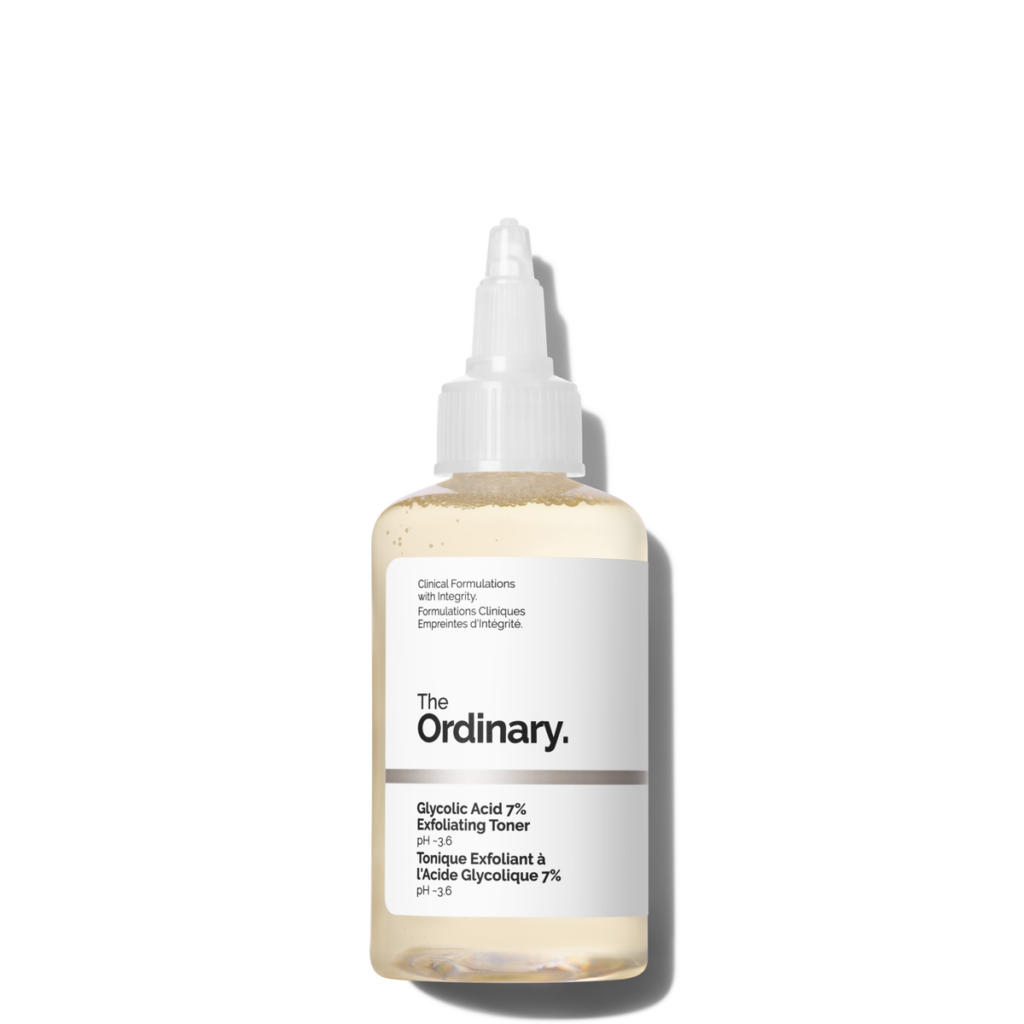
The Ordinary Glycolic Acid 7% Toning Solution $10.20
Sunday Riley Good Genes All-In-One Lactic Acid Treatment $122
BHA (Beta Hydroxy Acid)
BHAs like salicylic acid are oil-soluble and can penetrate deeper into the pores, making them ideal for oily and acne-prone skin.
Recommended Products:
- Paula’s Choice Skin Perfecting 2% BHA Liquid Exfoliant: A cult favorite that unclogs pores and smooths skin texture.
- Neutrogena Rapid Clear Treatment Pads: Convenient pads soaked in salicylic acid for quick and easy exfoliation.
Paula’s Choice Skin Perfecting 2% BHA Liquid Exfoliant $19
Neutrogena Rapid Clear Treatment Pads $15.99
Enzymatic Exfoliants
Enzymatic exfoliants use natural enzymes from fruits like papaya and pineapple to gently dissolve dead skin cells. They are suitable for sensitive skin types.
Recommended Products:
- Peter Thomas Roth Pumpkin Enzyme Mask: A powerful yet gentle exfoliating mask that uses pumpkin enzymes to brighten and smooth the skin.
- Tatcha The Rice Polish Foaming Enzyme Powder: A luxurious exfoliant that gently polishes the skin using rice and papaya enzymes.

Peter Thomas Roth Pumpkin Enzyme Mask $60
Tatcha The Rice Polish Foaming Enzyme Powder $92
How to Exfoliate Safely
1. Choose the Right Exfoliant: Select an exfoliant suitable for your skin type. For sensitive skin, enzymatic exfoliants are a good choice. For oily or acne-prone skin, BHAs are effective. AHAs are beneficial for dry or sun-damaged skin.
2. Frequency: Limit exfoliation to 2-3 times per week to avoid over-exfoliation, which can lead to irritation and damage. For sensitive skin, start with once a week.
3. Gentle Application: When using physical exfoliants, apply with gentle, circular motions. Avoid harsh scrubbing.
4. Follow with Hydration: Always follow exfoliation with a hydrating serum and moisturizer to soothe and replenish the skin.
5. Sun Protection: Exfoliation can make your skin more sensitive to the sun. Use a broad-spectrum sunscreen daily to protect your skin.
By incorporating exfoliation into your skincare routine, you can achieve a brighter, more youthful complexion. Regular exfoliation helps to improve skin texture, fade dark spots, and enhance the effectiveness of your other skin care products. Choose the right exfoliant for your skin type and follow these guidelines to ensure safe and effective exfoliation.
Professional Skin Care Treatments
For those looking to address more advanced skin concerns such as aging, hyperpigmentation, or severe acne, professional skin care treatments offer powerful and effective solutions. These treatments are performed by licensed dermatologists or estheticians and can provide significant results that at-home products may not achieve alone. This section will discuss various professional skin care treatments, their benefits, and when to consider them. Let’s explore these advanced options.
1. Chemical Peels
Chemical peels involve applying a chemical solution to the skin, causing it to exfoliate and eventually peel off. The new skin underneath is usually smoother and less wrinkled.
Benefits:
- Improves skin texture and tone
- Reduces fine lines and wrinkles
- Fades dark spots and hyperpigmentation
- Treats certain types of acne
Types of Peels:
- Superficial Peels: Use mild acids like alpha-hydroxy acid (AHA) for gentle exfoliation.
- Medium Peels: Use trichloroacetic acid (TCA) to reach the middle layers of the skin.
- Deep Peels: Use stronger acids like phenol for a more intensive treatment.
2. Microdermabrasion
Microdermabrasion is a minimally invasive procedure that uses a special applicator with an abrasive surface to gently sand away the thick outer layer of the skin.
Benefits:
- Improves skin tone and texture
- Reduces the appearance of fine lines and wrinkles
- Minimizes enlarged pores
- Fades hyperpigmentation and sun damage
Recommended For:
- Mild acne scars
- Dull skin
- Uneven skin tone
3. Laser Treatments
Laser treatments use focused light to target specific skin issues. Different types of lasers can treat various concerns, from wrinkles to pigmentation to acne scars.
Types of Laser Treatments:
- Fractional Laser Resurfacing: Treats fine lines, wrinkles, and acne scars by creating microscopic wounds that trigger the body’s natural healing process.
- Intense Pulsed Light (IPL): Targets pigmentation issues, such as age spots and sun damage.
- Laser Hair Removal: Uses laser technology to remove unwanted hair.
Benefits:
- Stimulates collagen production
- Reduces fine lines and wrinkles
- Treats pigmentation issues
- Improves skin texture
4. Microneedling
Microneedling involves using fine needles to create tiny punctures in the skin. This stimulates the skin’s natural healing process and collagen production.
Benefits:
- Reduces fine lines and wrinkles
- Improves skin texture and firmness
- Fades scars and hyperpigmentation
- Enhances product absorption
Recommended Products:
- Dermapen: A popular microneedling device known for its precision and effectiveness.
5. Radiofrequency (RF) Therapy
RF therapy uses radiofrequency energy to heat the deep layers of the skin, stimulating collagen and elastin production.
Benefits:
- Tightens and firms the skin
- Reduces fine lines and wrinkles
- Improves skin texture and tone
- Minimal downtime
Recommended For:
- Sagging skin
- Fine lines and wrinkles
6. LED Light Therapy
LED light therapy uses different wavelengths of light to treat various skin issues. Red light stimulates collagen production, while blue light kills acne-causing bacteria.
Benefits:
- Reduces inflammation and redness
- Treats acne
- Stimulates collagen production
- Improves overall skin health
Recommended For:
- Acne-prone skin
- Aging skin
- Sensitive skin
7. Fillers and Botox
Injectable treatments like fillers and Botox are used to reduce the appearance of wrinkles and restore volume to the face.
Benefits:
- Smooths out fine lines and wrinkles
- Adds volume to hollow areas
- Provides a more youthful appearance
- Immediate results with minimal downtime
Recommended Products:
- Juvederm: A popular dermal filler that restores volume and smooths wrinkles.
- Botox: Reduces dynamic wrinkles by relaxing facial muscles.
When to Consider Professional Treatments
1. Persistent Skin Issues: If you have skin concerns that don’t respond to over-the-counter treatments, professional treatments may be necessary.
2. Advanced Aging Signs: For significant wrinkles, sagging skin, and deep pigmentation issues, professional treatments offer more effective solutions.
3. Special Occasions: Leading up to important events like weddings, professional treatments can provide quick and noticeable improvements.
4. Maintenance and Prevention: Regular professional treatments can help maintain skin health and prevent future issues.
By incorporating professional skin care treatments into your regimen, you can achieve significant improvements in your skin’s appearance and health. These treatments, performed by experienced professionals, offer powerful solutions for various skin concerns, from aging to hyperpigmentation to severe acne.
Importance of Sun Protection
Sun protection is a critical component of any effective skincare routine. Exposure to ultraviolet (UV) rays from the sun can cause significant damage to your skin, leading to premature aging, dark spots, and even skin cancer. Incorporating sun protection into your daily skincare routine can help maintain healthier, younger-looking skin. This section will explain the importance of sun protection, how to choose the right sunscreen, and additional tips for protecting your skin from the sun. Let’s look into why sun protection is essential.
Why Sun Protection is Essential
1. Prevents Premature Aging
UV rays can break down collagen and elastin fibers in the skin, leading to wrinkles, fine lines, and sagging skin. Sun protection helps prevent these signs of aging.
Benefit: By using sunscreen daily, you can maintain a smoother, more youthful complexion.
2. Reduces Risk of Skin Cancer
Prolonged exposure to UV radiation increases the risk of skin cancers, including melanoma, the deadliest form of skin cancer.
Benefit: Sunscreen protects against harmful UV rays, reducing the risk of developing skin cancer.
3. Prevents Hyperpigmentation and Dark Spots
UV exposure can lead to hyperpigmentation and dark spots, which can be challenging to treat.
Benefit: Regular use of sunscreen prevents the formation of new dark spots and helps to maintain an even skin tone.
Choosing the Right Sunscreen
1. Broad-Spectrum Protection
Choose a sunscreen labeled “broad-spectrum” to ensure it protects against both UVA and UVB rays. UVA rays cause aging, while UVB rays cause burning and contribute to skin cancer.
Recommended Products:
- EltaMD UV Clear Broad-Spectrum SPF 46: Suitable for sensitive and acne-prone skin, providing broad-spectrum protection.
- La Roche-Posay Anthelios Melt-in Milk Sunscreen SPF 100: Offers high protection and is easily absorbed by the skin.
2. Appropriate SPF Level
SPF (Sun Protection Factor) indicates the level of protection a sunscreen provides against UVB rays. Dermatologists recommend using sunscreen with at least SPF 30 for daily use.
Recommended Products:
- Neutrogena Ultra Sheer Dry-Touch Sunscreen SPF 60: Provides high SPF protection with a lightweight feel.
- Coppertone Sport Sunscreen SPF 50: Ideal for active lifestyles and provides durable sun protection.
Neutrogena Ultra Sheer Dry-Touch Sunscreen SPF 60 $14.39
Coppertone Sport Sunscreen SPF 50 $9.27
3. Water-Resistant Formulas
If you’re swimming or sweating, a water-resistant sunscreen ensures prolonged protection.
Recommended Products:
- Banana Boat Ultra Sport Sunscreen SPF 50: Water-resistant and suitable for active use.
- Blue Lizard Australian Sunscreen SPF 50+: Known for its strong water resistance and broad-spectrum protection.
Banana Boat Ultra Sport Sunscreen SPF 50 $9.47
Blue Lizard Australian Sunscreen SPF 50+ $14.98
Additional Sun Protection Tips
Apply sunscreen generously to all exposed skin areas. Reapply every two hours, or more often if swimming or sweating.
2. Wear Protective Clothing
Clothing, hats, and sunglasses provide additional protection against UV rays. Look for clothing with an ultraviolet protection factor (UPF) rating.
3. Seek Shade
Limit direct sun exposure, especially between 10 AM and 4 PM, when UV rays are strongest. Seek shade whenever possible.
4. Be Cautious with Reflective Surfaces
Water, sand, and snow can reflect and intensify UV rays, increasing your risk of sunburn. Extra protection is needed in these environments.
Conclusion
Sun protection is a fundamental aspect of skin care that helps prevent premature aging, hyperpigmentation, and skin cancer. By choosing the right sunscreen and incorporating additional protective measures, you can significantly enhance your skin’s health and appearance. Make sun protection a daily habit to enjoy healthier, younger-looking skin.
Lifestyle Tips for Healthy Skin
Achieving healthy, glowing skin isn’t just about the products you use; your lifestyle plays a significant role as well. Incorporating certain habits and making mindful choices can greatly enhance your skin’s appearance and overall health. This section provides essential lifestyle tips that complement your skincare routine and contribute to healthier skin. Let’s explore these valuable tips.
1. Maintain a Balanced Diet
What you eat directly affects your skin’s health. A balanced diet rich in vitamins, minerals, and antioxidants can improve your complexion and prevent skin issues.
Tips:
- Consume Antioxidant-Rich Foods: Include berries, leafy greens, nuts, and seeds in your diet to fight free radicals and reduce inflammation.
- Healthy Fats: Foods like avocados, nuts, and fish provide essential fatty acids that keep your skin hydrated and supple.
- Hydrate: Drink plenty of water throughout the day to keep your skin hydrated from within.
Recommended Foods:
- Blueberries
- Spinach
- Walnuts
- Salmon
2. Stay Hydrated
Proper hydration is crucial for maintaining skin elasticity and preventing dryness.
Tips:
- Drink Water Regularly: Aim for at least 8 glasses of water a day.
- Hydrating Beverages: Include herbal teas and fresh juices to boost your hydration levels.
3. Get Adequate Sleep
Your skin repairs itself while you sleep, making adequate rest essential for healthy skin.
Tips:
- Aim for 7-9 Hours: Ensure you get enough sleep each night to allow your skin to regenerate.
- Create a Bedtime Routine: Establish a calming pre-sleep routine to improve sleep quality.
4. Manage Stress
Stress can trigger skin problems like acne, eczema, and psoriasis. Managing stress effectively can improve your skin’s health.
Tips:
- Practice Relaxation Techniques: Yoga, meditation, and deep breathing exercises can help reduce stress.
- Regular Exercise: Physical activity releases endorphins, which help to reduce stress levels.
5. Avoid Smoking and Excessive Alcohol
Smoking and excessive alcohol consumption can accelerate skin aging and cause various skin issues.
Tips:
- Quit Smoking: Seek support if needed to quit smoking, as it has numerous negative effects on skin health.
- Moderate Alcohol Intake: Limit alcohol consumption and choose hydrating beverages instead.
6. Exercise Regularly
Exercise increases blood circulation, which helps nourish skin cells and keep them healthy.
Tips:
- Regular Workouts: Aim for at least 30 minutes of moderate exercise most days of the week.
- Variety of Activities: Include a mix of cardio, strength training, and flexibility exercises.
7. Protect Your Skin from Environmental Damage
Pollution and environmental toxins can damage your skin. Protecting your skin from these elements is crucial for maintaining its health.
Tips:
- Use Antioxidant-Rich Products: Apply serums and moisturizers with antioxidants to protect your skin from free radicals.
- Cleanse Thoroughly: Remove makeup and cleanse your skin every night to eliminate pollutants.
8. Regular Skin Care Routine
A consistent skincare routine tailored to your skin type and concerns is essential for maintaining healthy skin.
Tips:
- Morning Routine: Cleanse, tone, apply serum, moisturize, and use sunscreen.
- Evening Routine: Cleanse, tone, apply targeted treatments, and moisturize.
Recommended Products:
- Cleanser: CeraVe Hydrating Cleanser
- Moisturizer: Neutrogena Hydro Boost Water Gel
- Sunscreen: EltaMD UV Clear Broad-Spectrum SPF 46
Conclusion
Incorporating these lifestyle tips into your daily routine can significantly enhance your skincare efforts, leading to healthier, more radiant skin. A balanced diet, adequate hydration, regular exercise, and proper skin care practices all contribute to a glowing complexion. By making these mindful choices, you can achieve and maintain beautiful, healthy skin.
Hydration and Moisturization
Proper hydration and moisturization are fundamental aspects of an effective skincare routine. They are essential for maintaining the skin’s health, elasticity, and overall appearance. This section will explain the importance of hydration and moisturization, how they differ, and provide tips on choosing the right products for your skin type. Let’s explore how to keep your skin hydrated and moisturized.
Importance of Hydration and Moisturization
1. Prevents Dryness and Flakiness
Hydrated and moisturized skin retains water and essential oils, preventing dryness and flakiness.
Benefit: Skin looks smoother and feels more comfortable without the tightness or rough texture associated with dryness.
2. Enhances Skin Barrier Function
The skin barrier protects against environmental aggressors and prevents water loss. Proper hydration and moisturization strengthen this barrier.
Benefit: A strong skin barrier maintains optimal skin health and reduces the risk of irritation and sensitivity.
3. Reduces the Appearance of Fine Lines and Wrinkles
Hydrated skin is plumper and more resilient, which helps to minimize the appearance of fine lines and wrinkles.
Benefit: Regular hydration and moisturization can make your skin look more youthful and radiant.
Hydration vs. Moisturization
Hydration refers to the water content within the skin cells, which helps them maintain their plumpness and elasticity. Please see the below chart Skin Care Products By Skin Type
Key Ingredients:
- Hyaluronic Acid: Attracts and retains moisture within the skin.
- Glycerin: A humectant that draws water from the air into the skin.
Recommended Products:
- The Ordinary Hyaluronic Acid 2% + B5: A budget-friendly serum that deeply hydrates the skin.
- Neutrogena Hydro Boost Water Gel: A lightweight gel that provides intense hydration.
The Ordinary Hyaluronic Acid 2% + B5 $12
Neutrogena Hydro Boost Water Gel $21.50
Moisturization
Moisturization involves adding and sealing moisture to the skin to prevent water loss and maintain the skin barrier.
Key Ingredients:
- Ceramides: Help to restore the skin barrier and retain moisture.
- Emollients: Soften and smooth the skin, such as shea butter and squalane.
Recommended Products:
- CeraVe Moisturizing Cream: Contains ceramides and hyaluronic acid to hydrate and strengthen the skin barrier.
- La Roche-Posay Toleriane Double Repair Face Moisturizer: Lightweight and nourishing, suitable for sensitive skin.
CeraVe Moisturizing Cream $29.71
La Roche-Posay Toleriane Double Repair Face Moisturizer $23.37
Tips for Hydration and Moisturization
1. Choose the Right Products for Your Skin Type
Dry Skin:
- Use rich, creamy moisturizers that contain both humectants and emollients.
- Recommended Product: Eucerin Advanced Repair Cream
Oily Skin:
- Opt for lightweight, non-comedogenic gels or lotions that hydrate without clogging pores.
- Recommended Product: Clinique Dramatically Different Moisturizing Gel
Combination Skin:
- Use a balanced approach with lightweight gels in oily areas and richer creams in dry areas.
- Recommended Product: Philosophy Purity Made Simple Moisturizer
Sensitive Skin:
- Choose products with soothing ingredients like aloe vera and avoid potential irritants.
- Recommended Product: Aveeno Ultra-Calming Nourishing Night Cream
Examples of different skin types and corresponding recommended products.
| Skin Type | Tip | Recommended Product | |
| 1 | Dry Skin | • Use rich, creamy moisturizers that contain both humectants and emollients. | Eucerin Advanced Repair Cream |
| 2 | Oily Skin | • Opt for lightweight, non-comedogenic gels or lotions that hydrate without clogging pores. | Clinique Dramatically Different Moisturizing Gel |
| 3 | Combination Skin | • Use a balanced approach with lightweight gels in oily areas and richer creams in dry areas. | Philosophy Purity Made Simple Moisturizer |
| 4 | Sensitive Skin | • Choose products with soothing ingredients like aloe vera and avoid potential irritants. | Aveeno Ultra-Calming Nourishing Night Cream |
2. Apply Products Correctly
- Layering: Apply hydrating serums first, followed by moisturizers to lock in moisture.
- Frequency: Hydrate and moisturize both morning and evening for optimal results.
3. Stay Hydrated from Within
Tips:
- Drink Plenty of Water: Aim for at least 8 glasses a day.
- Eat Hydrating Foods: Include fruits and vegetables with high water content like cucumbers and watermelon.
4. Adjust Your Routine Seasonally
Winter: Use richer, more emollient moisturizers to combat dry air.
Summer: Opt for lighter, gel-based products that provide hydration without feeling heavy.
Conclusion
Hydration and moisturization are vital components of a comprehensive skincare routine. By understanding the difference between these two processes and selecting the right products for your skin type, you can maintain a healthy, radiant complexion. Remember to hydrate from within, apply products correctly, and adjust your routine seasonally to keep your skin looking and feeling its best.
Role of Antioxidants in Skin Care
Antioxidants play a crucial role in skin care, offering numerous benefits that help maintain a healthy, youthful complexion. They protect the skin from environmental damage, reduce inflammation, and promote a brighter, more even skin tone. This section will explain what antioxidants are, their benefits, and how to incorporate them into your skincare routine. Let’s explore the powerful impact of antioxidants on your skin.
What Are Antioxidants?
Antioxidants are molecules that fight free radicals in the body. Free radicals are unstable molecules that can cause damage to cells, leading to premature aging and various skin issues.
Antioxidants can be found in various natural sources, including fruits, vegetables, nuts, and seeds, as well as in specific skin care products.
Benefits of Antioxidants in Skin Care
1. Protection Against Environmental Damage
Antioxidants neutralize free radicals, which are generated by UV rays, pollution, and other environmental factors. This protection helps prevent premature aging, fine lines, wrinkles, and hyperpigmentation.
2. Reduces Inflammation
Many antioxidants have anti-inflammatory properties that can soothe and calm irritated skin. Reducing inflammation helps manage conditions like acne, rosacea, and eczema, promoting a clearer complexion.
3. Brightens Skin Tone
Antioxidants can inhibit melanin production, which helps to fade dark spots and even out skin tone. Regular use of antioxidant-rich products can result in a brighter, more radiant complexion.
4. Enhances Skin Repair
Antioxidants support the skin’s natural repair processes, promoting the regeneration of new, healthy skin cells. This accelerates healing and improves overall skin texture and resilience.
Key Antioxidants and Their Benefits
1. Vitamin C
Vitamin C is a potent antioxidant that brightens the skin, reduces hyperpigmentation, and stimulates collagen production.
Recommended Products:
- SkinCeuticals C E Ferulic: A highly rated serum that brightens and protects against free radicals.
- TruSkin Vitamin C Serum: An affordable option that helps improve skin tone and texture.
2. Vitamin E
Vitamin E is known for its moisturizing and healing properties. It also enhances the effectiveness of other antioxidants like Vitamin C.
Recommended Products:
- The Body Shop Vitamin E Moisture Cream: Provides hydration and antioxidant protection.
- Paula’s Choice Super Antioxidant Concentrate Serum: Combines Vitamin E with other antioxidants for comprehensive protection.
3. Niacinamide (Vitamin B3)
Niacinamide reduces inflammation, improves skin elasticity, and brightens skin tone. It also helps to reduce the appearance of enlarged pores.
Recommended Products:
- The Ordinary Niacinamide 10% + Zinc 1%: A popular serum that helps reduce blemishes and improve skin texture.
- Paula’s Choice 10% Niacinamide Booster: Effective for minimizing pores and evening skin tone.
4. Green Tea Extract
Green tea extract contains polyphenols that provide anti-inflammatory and antioxidant benefits, protecting the skin from UV damage and soothing irritation.
Recommended Products:
- Innisfree Intensive Hydrating Serum with Green Tea Seed: Hydrates and protects the skin.
- Origins A Perfect World Antioxidant Moisturizer with White Tea: Offers antioxidant protection and hydration.
5. Resveratrol
Resveratrol, found in grapes and berries, has powerful antioxidant properties that protect against environmental damage and promote skin firmness.
Recommended Products:
- Caudalie Resveratrol Lift Firming Serum: Enhances skin firmness and smooths wrinkles.
- The Ordinary Resveratrol 3% + Ferulic Acid 3%: A budget-friendly option that combines two potent antioxidants.
Caudalie Resveratrol Lift Firming Serum $113
The Ordinary Resveratrol 3% + Ferulic Acid 3% $13.80
How to Incorporate Antioxidants into Your Skin Care Routine
1. Morning Routine
- Cleanser: Start with a gentle cleanser to remove impurities.
- Antioxidant Serum: Apply an antioxidant serum (like Vitamin C) to protect against free radicals throughout the day.
- Moisturizer: Use a moisturizer with additional antioxidant properties.
- Sunscreen: Finish with a broad-spectrum sunscreen to protect against UV damage.
2. Evening Routine
- Cleanser: Remove makeup and cleanse the skin.
- Toner: Apply a toner to prepare the skin for treatments.
- Antioxidant Serum: Use an antioxidant serum (like Vitamin E or resveratrol) to aid overnight repair.
- Moisturizer: Apply a nourishing night cream to hydrate and protect.
Conclusion
Antioxidants are a vital component of a comprehensive skincare routine. They protect the skin from environmental damage, reduce inflammation, and promote a brighter, more youthful complexion. By incorporating antioxidant-rich products into your daily regimen, you can enhance your skin’s health and achieve a radiant glow.
Choosing the Right Products for Your Skin Type
Selecting the right skin care products for your specific skin type is essential for maintaining a healthy, radiant complexion. Using products tailored to your skin’s needs can address common concerns more effectively and prevent potential issues. This section will guide you through identifying your skin type and choosing the appropriate products. Let’s explore how to choose the right products for your skin type.
Identifying Your Skin Type
Before choosing products, it’s crucial to determine your skin type. Here are the primary skin types and their characteristics:
1. Oily Skin
Characteristics:
- Enlarged pores
- Shiny or greasy appearance
- Prone to acne and blackheads
Tip: Look for products labeled as oil-free or non-comedogenic.
2. Dry Skin
Characteristics:
- Flaky or rough texture
- Tight feeling, especially after cleansing
- Visible fine lines
Tip: Choose products that are hydrating and nourishing.
3. Combination Skin
Characteristics:
- Oily in the T-zone (forehead, nose, chin)
- Dry or normal on the cheeks
- Pore issues in oily areas
Tip: Use a balanced approach with different products for different areas.
4. Sensitive Skin
Characteristics:
- Easily irritated
- Redness and inflammation
- Prone to reactions from new products
Tip: Opt for gentle, fragrance-free products.
5. Normal Skin
Characteristics:
- Balanced moisture and oil
- Few imperfections
- Smooth texture
Tip: Maintain with gentle, well-balanced products.
Characteristics of each skin type
| Skin Type | Characteristics | Tip | |
| 1 | Oily Skin | • Enlarged pores • Shiny or greasy appearance • Prone to acne and blackheads | Look for products labeled as oil-free or non-comedogenic. |
| 2 | Dry Skin | • Flaky or rough texture • Tight feeling, especially after cleansing • Visible fine lines | Choose products that are hydrating and nourishing. |
| 3 | Combination Skin | • Oily in the T-zone (forehead, nose, chin) • Dry or normal on the cheeks • Pore issues in oily areas | Use a balanced approach with different products for different areas. |
| 4 | Sensitive Skin | • Easily irritated • Redness and inflammation • Prone to reactions from new products | Opt for gentle, fragrance-free products. |
| 5 | Normal Skin | • Balanced moisture and oil • Few imperfections • Smooth texture | Maintain with gentle, well-balanced products. |
Choosing Products for Oily Skin
Cleansers:
- La Roche-Posay Effaclar Purifying Foaming Gel: Removes excess oil without stripping the skin.
- Neutrogena Oil-Free Acne Wash: Contains salicylic acid to help prevent breakouts.
Moisturizers:
- CeraVe PM Facial Moisturizing Lotion: Lightweight and non-comedogenic.
- Clinique Dramatically Different Moisturizing Gel: Provides hydration without adding extra oil.
Serums:
- The Ordinary Niacinamide 10% + Zinc 1%: Controls oil production and reduces blemishes.
- Paula’s Choice Skin Perfecting 2% BHA Liquid Exfoliant: Unclogs pores and smooths skin texture.
Choosing Products for Dry Skin
Cleansers:
- CeraVe Hydrating Cleanser: Gentle and hydrating.
- La Roche-Posay Toleriane Hydrating Gentle Cleanser: Soothes and moisturizes.
Moisturizers:
- Neutrogena Hydro Boost Gel-Cream: Provides intense hydration with hyaluronic acid.
- Eucerin Advanced Repair Cream: Rich and deeply moisturizing.
Serums:
- The Ordinary Hyaluronic Acid 2% + B5: Hydrates and plumps the skin.
- Vichy Mineral 89 Hyaluronic Acid Serum: Fortifies and hydrates the skin barrier.
Choosing Products for Combination Skin
Cleansers:
- Philosophy Purity Made Simple Cleanser: Balances and cleanses without over-drying.
- Cetaphil Daily Facial Cleanser: Gentle and effective for all areas of the face.
Moisturizers:
- Belif The True Cream Aqua Bomb: Lightweight and hydrating for oily areas.
- Clinique Moisture Surge 72-Hour Auto-Replenishing Hydrator: Provides hydration without heaviness.
Serums:
- The Ordinary Niacinamide 10% + Zinc 1%: Balances oil production in the T-zone.
- The Ordinary Hyaluronic Acid 2% + B5: Hydrates dry areas.
Choosing Products for Sensitive Skin
Cleansers:
- Aveeno Ultra-Calming Foaming Cleanser: Soothes and cleanses without irritation.
- Cetaphil Gentle Skin Cleanser: Mild and non-irritating.
Moisturizers:
- Vanicream Moisturizing Cream: Free of common irritants.
- La Roche-Posay Toleriane Double Repair Face Moisturizer: Restores the skin barrier and soothes.
Serums:
- The Ordinary Azelaic Acid Suspension 10%: Reduces redness and improves skin texture.
- Pai Rosehip BioRegenerate Oil: Nourishes and calms sensitive skin.
Choosing Products for Normal Skin
Cleansers:
- CeraVe Hydrating Cleanser: Balances and hydrates.
- Kiehl’s Ultra Facial Cleanser: Gentle and effective.
Moisturizers:
- Olay Regenerist Micro-Sculpting Cream: Hydrates and improves skin texture.
- Clinique Dramatically Different Moisturizing Lotion: Provides balanced hydration.
Serums:
- The Ordinary Buffet: A multi-peptide serum for overall skin health.
- SkinCeuticals C E Ferulic: Antioxidant protection and brightening.
Skin Care Products By Skin Type
Conclusion
Choosing the right skincare products for your skin type is essential for maintaining a healthy, radiant complexion. By understanding your skin type and selecting products tailored to its needs, you can effectively address specific concerns and enhance your skin’s overall health. Remember, the key to successful skin care is consistency and using products that work harmoniously with your skin’s unique characteristics. See our other blog post for Skin Care Myths and Facts.
Consistency is Key: Developing a Long-term Skin Care Plan
Consistency is crucial when it comes to achieving and maintaining healthy, radiant skin. A well-structured, long-term skin care plan ensures that your skin receives the care it needs regularly, leading to noticeable and lasting improvements. This section will guide you on how to develop a consistent skincare routine and the benefits of sticking to it. Let’s explore how to create and maintain an effective skin care plan.
Why Consistency Matters
1. Maximizes Product Effectiveness
Skincare products need time to show their full benefits. Consistent use allows active ingredients to work effectively, improving your skin over time.
Benefit: Regular application helps achieve desired results, whether it’s reducing wrinkles, fading dark spots, or managing acne.
2. Builds a Healthy Skin Barrier
Consistent skin care helps maintain a strong and healthy skin barrier, which protects against environmental damage, retains moisture, and prevents irritation.
Benefit: A robust skin barrier leads to smoother, more resilient skin that is less prone to sensitivity and breakouts.
3. Prevents Skin Issues
Regularly following a skincare routine can prevent common issues like acne, dryness, and premature aging by addressing problems before they escalate.
Benefit: Prevention is easier and more effective than treatment, leading to long-term skin health.
Steps to Developing a Long-term Skin Care Plan
1. Understand Your Skin Type
Knowing whether your skin is oily, dry, combination, sensitive, or normal helps in choosing the right products.
Tip: Refer to the skin type guide to identify your skin’s needs.
2. Start with a Basic Routine
A basic skincare routine typically includes cleansing, moisturizing, and sun protection.
Steps:
- Cleanser: Removes impurities and preps the skin.
- Moisturizer: Hydrates and protects the skin barrier.
- Sunscreen: Protects against UV damage.
3. Incorporate Targeted Treatments
Add treatments like serums, exfoliants, and masks based on specific skin concerns such as aging, acne, or hyperpigmentation.
Tip: Introduce one new product at a time to monitor how your skin reacts.
Recommended Products:
- Serums: Vitamin C for brightening, retinoids for anti-aging, niacinamide for oil control.
- Exfoliants: AHAs or BHAs for smooth texture and unclogged pores.
- Masks: Clay masks for detoxifying, hydrating masks for moisture boost.
4. Be Patient and Persistent
It can take weeks to months to see significant changes from skin care products. Patience and persistence are key.
Tip: Stick to your routine and avoid frequently switching products.
5. Adjust Seasonally
Skin’s needs can change with the seasons. Adjust your routine to address changes in weather and humidity.
Tip: Use richer products in winter for extra hydration and lighter products in summer to prevent excess oil.
6. Track Your Progress
Keep track of how your skin responds to different products and routines. Take notes or photos to monitor improvements.
Tip: Adjust your routine based on what works best for your skin.
7. Don’t Skip Essential Steps
Essential steps like cleansing, moisturizing, and sun protection should never be skipped, even if you’re tired or in a rush. Consistency in these basic steps ensures long-term skin health.
…
Conclusion
Achieving and maintaining healthy, radiant skin is a journey that requires dedication, consistency, and the right approach to skin care. By understanding your skin type and incorporating targeted treatments, you can address specific concerns and enhance your skin’s overall health. Consistency in following a daily skincare routine ensures that you maximize the benefits of your products, build a strong skin barrier, and prevent common skin issues.
Remember, the key to successful skin care lies in:
- Identifying Your Skin Type: Knowing your skin type helps you choose the right products tailored to your needs.
- Sticking to a Basic Routine: Cleansing, moisturizing, and sun protection are fundamental steps that should never be skipped.
- Incorporating Targeted Treatments: Address specific concerns like aging, acne, or hyperpigmentation with the right serums and treatments.
- Being Patient and Persistent: Significant improvements take time, so stay consistent and avoid frequently switching products.
- Adjusting Seasonally: Modify your routine to accommodate changes in weather and your skin’s needs throughout the year.
- Tracking Your Progress: Monitor how your skin responds and adjust your routine based on what works best for you.
By following these principles and making skin care a regular part of your daily routine, you can achieve the healthy, glowing skin you desire. Embrace the process, be kind to your skin, and enjoy the benefits of a well-maintained skin care regimen. Your commitment will pay off with a complexion that looks and feels its best every day.
Thank you for joining us on this journey to better skin care. Here’s to your beautiful, healthy skin!

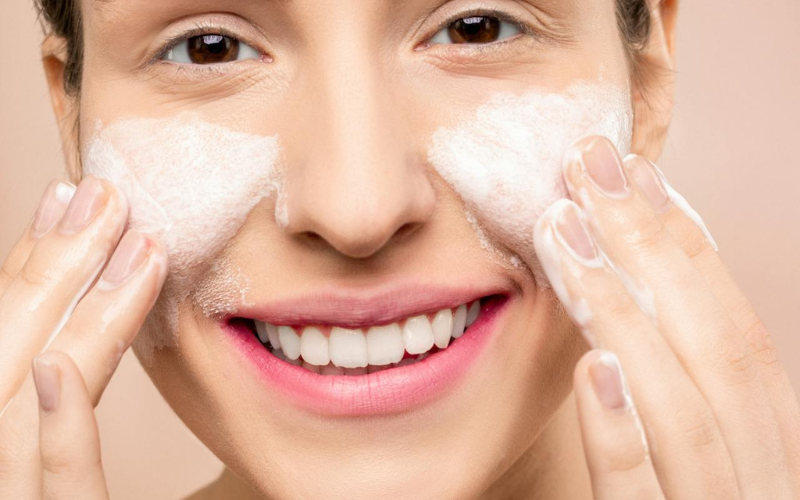
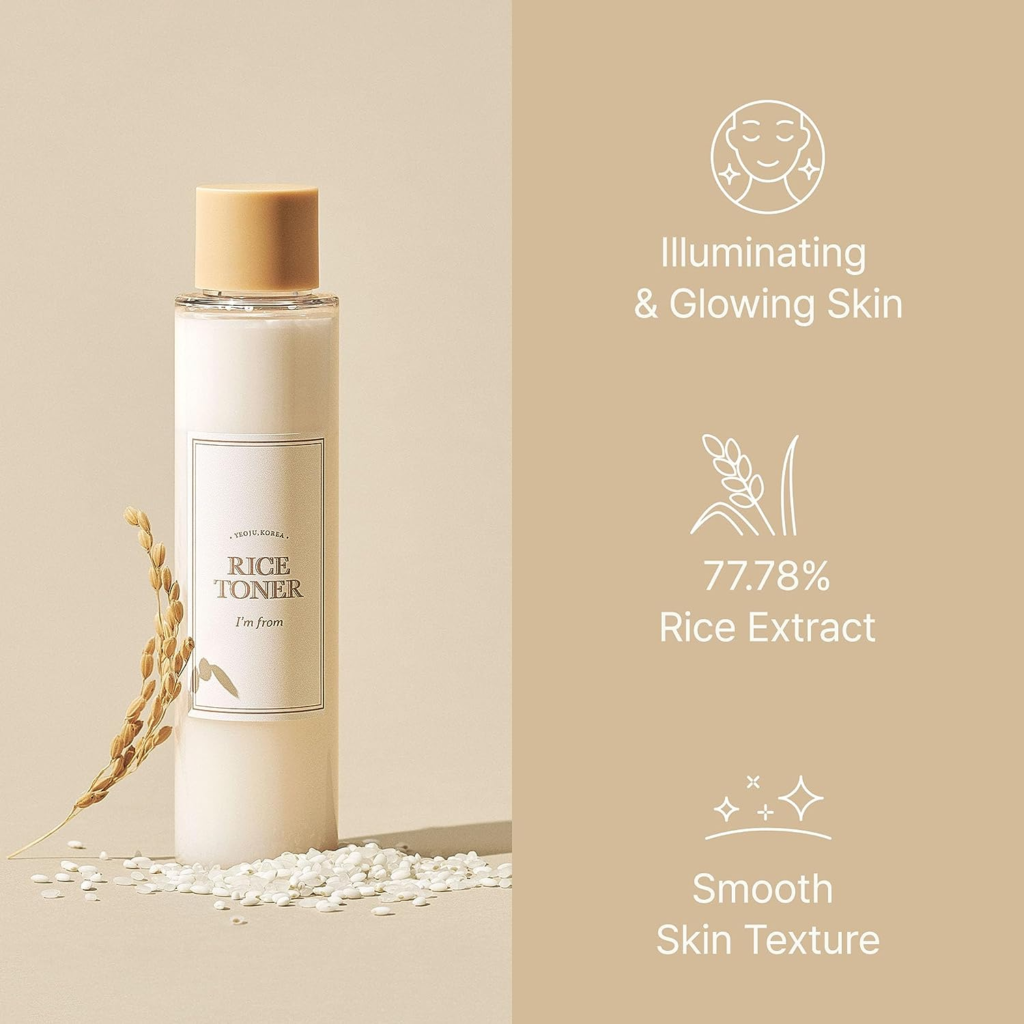
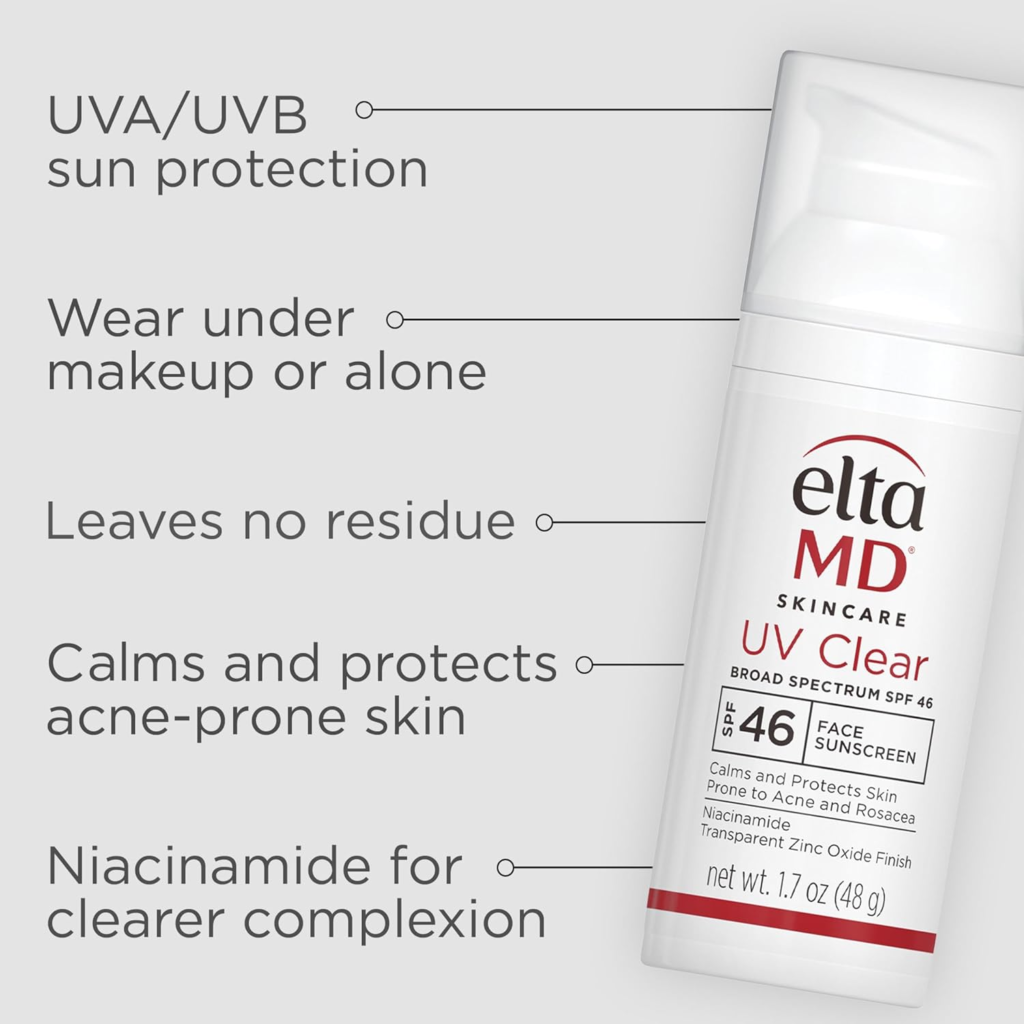

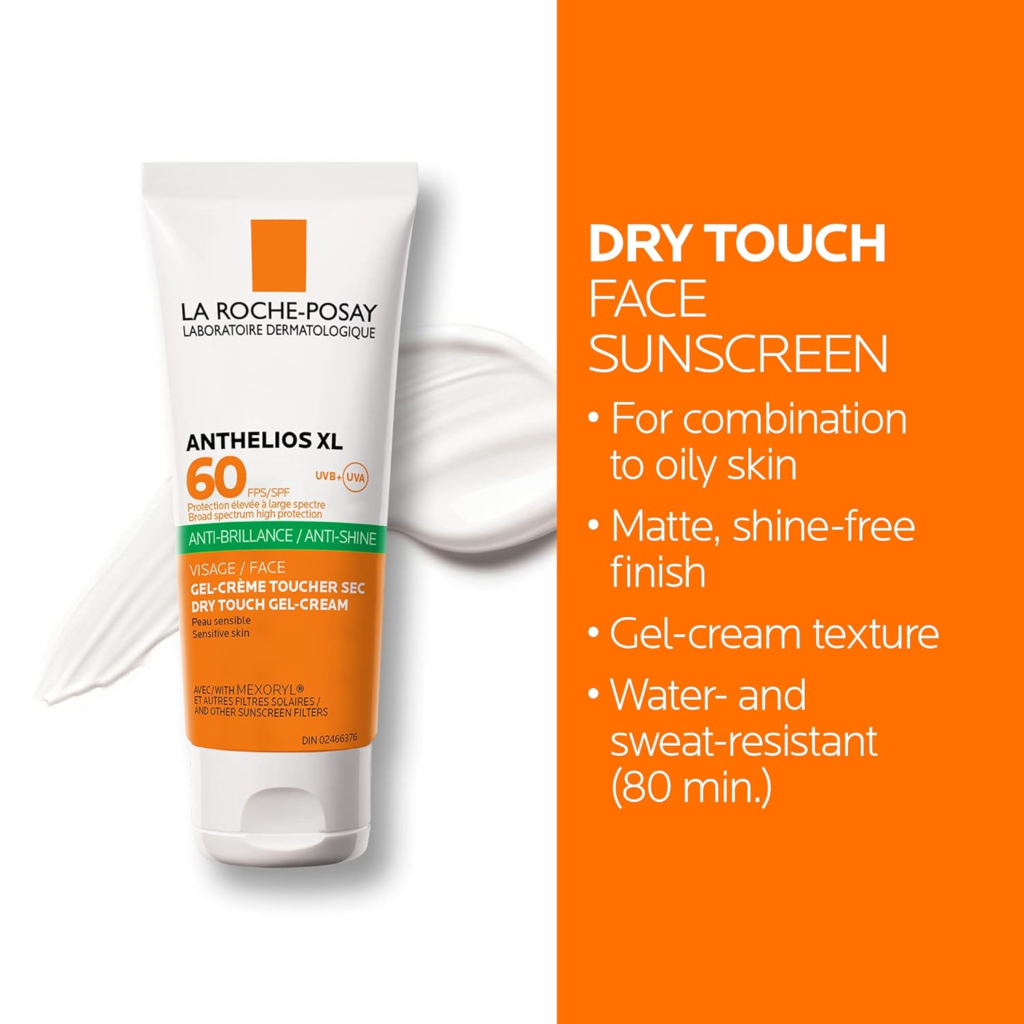

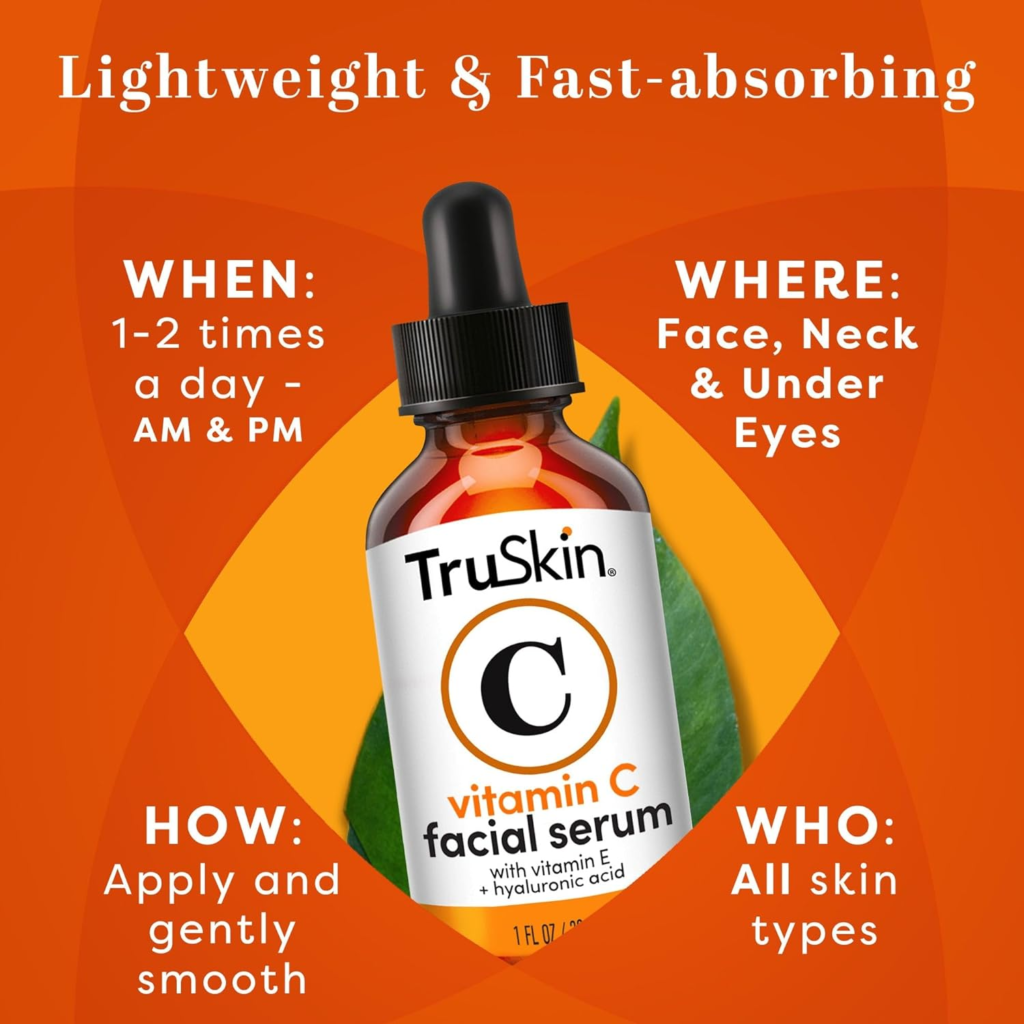
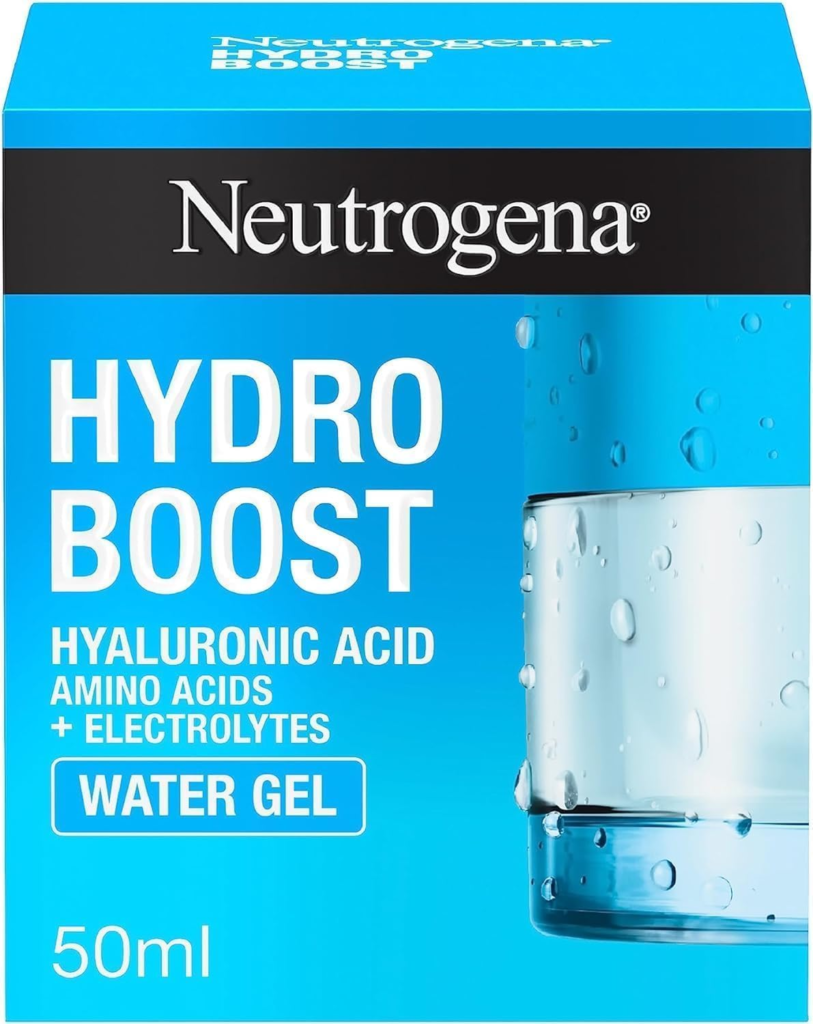
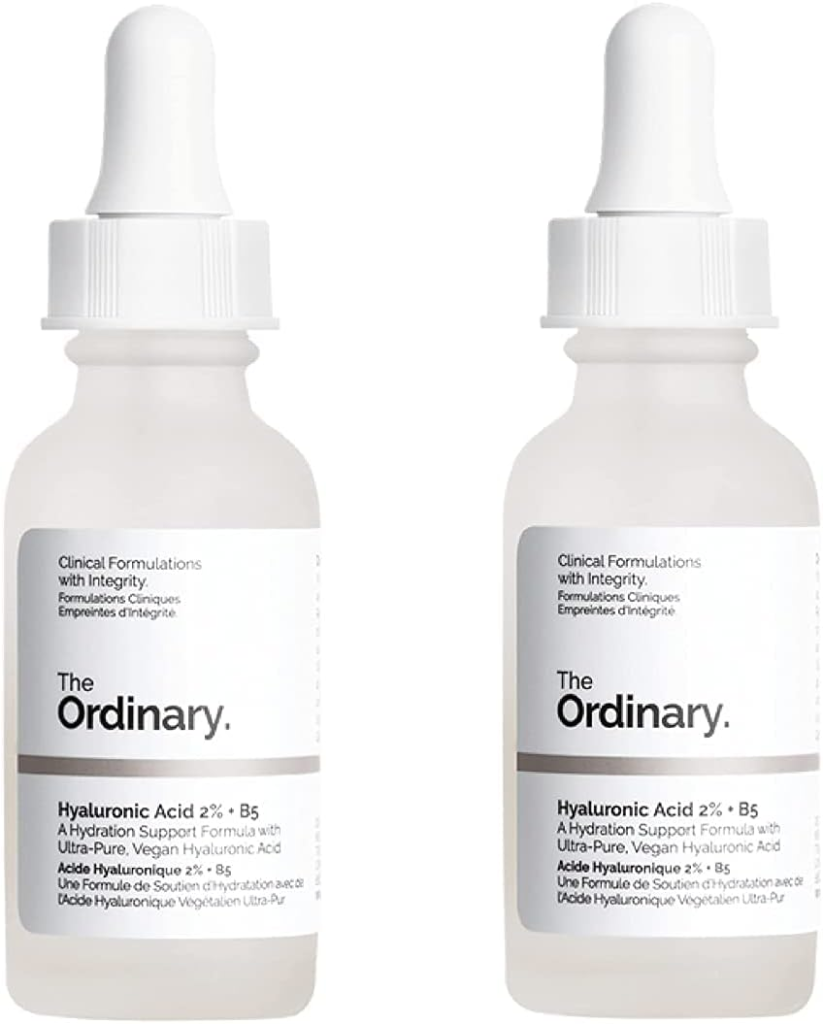

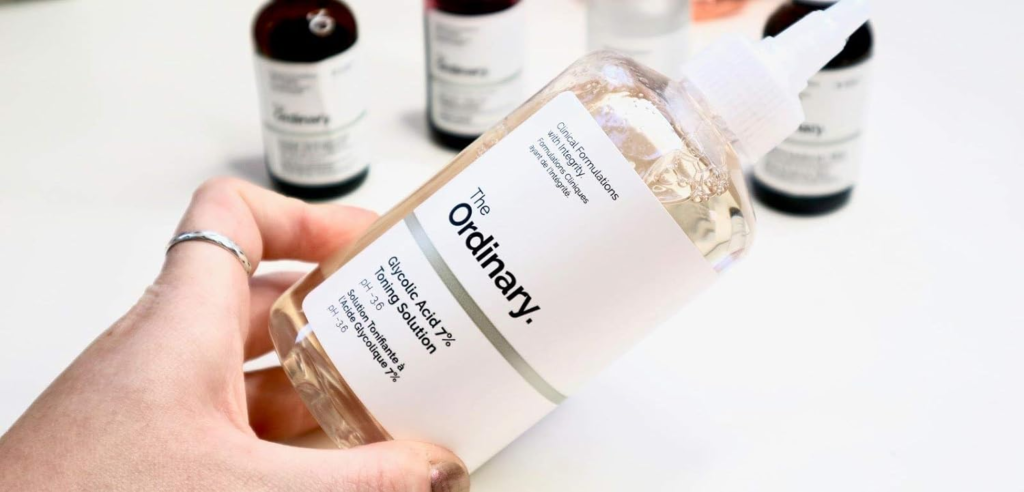
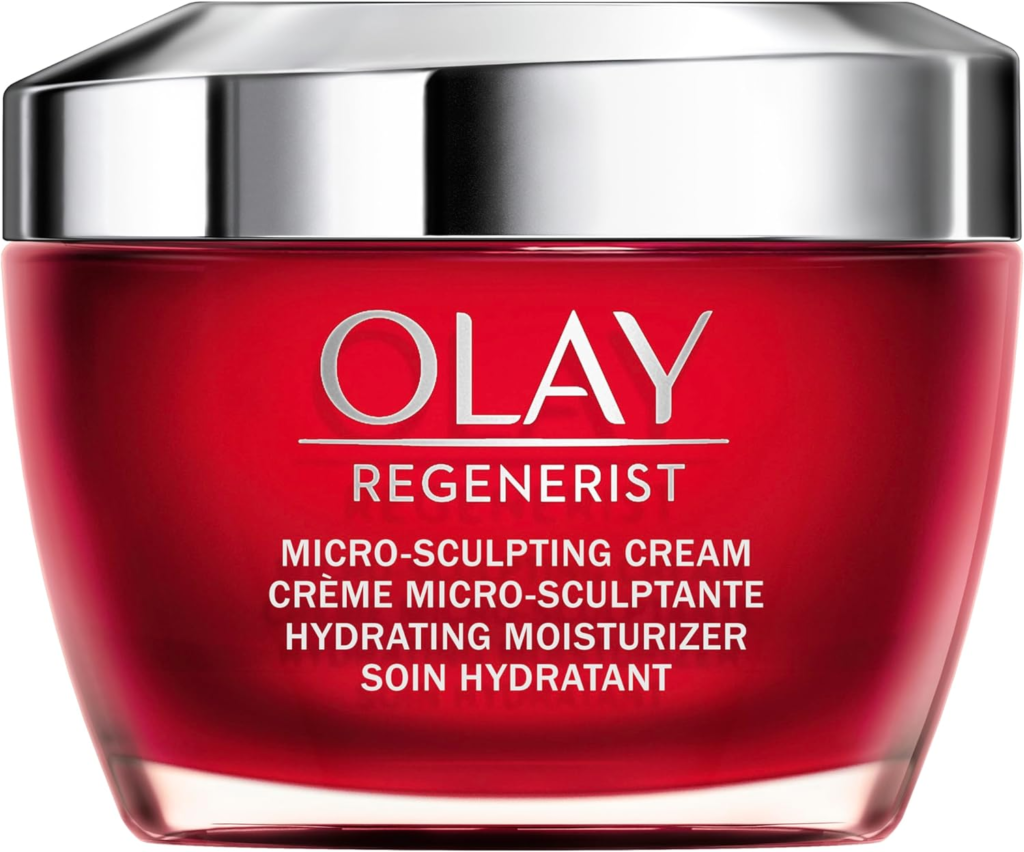
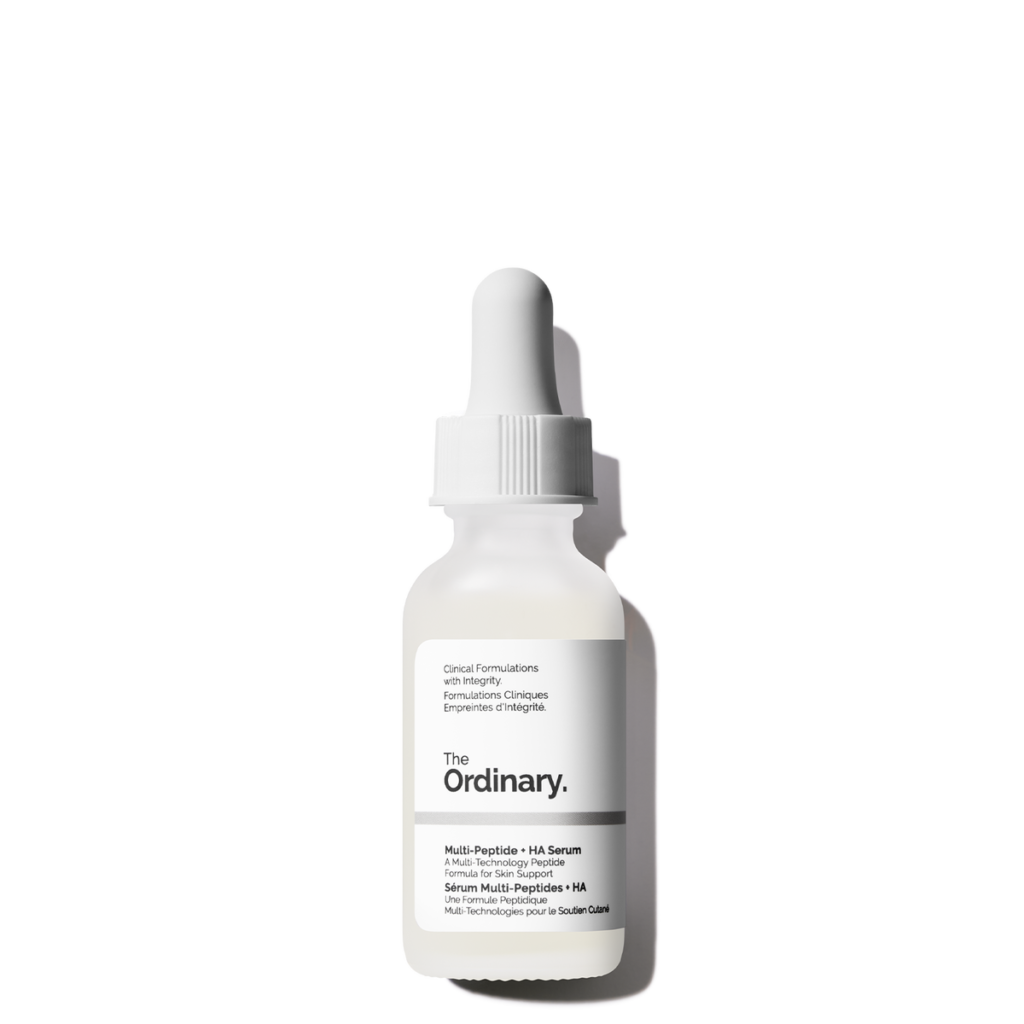
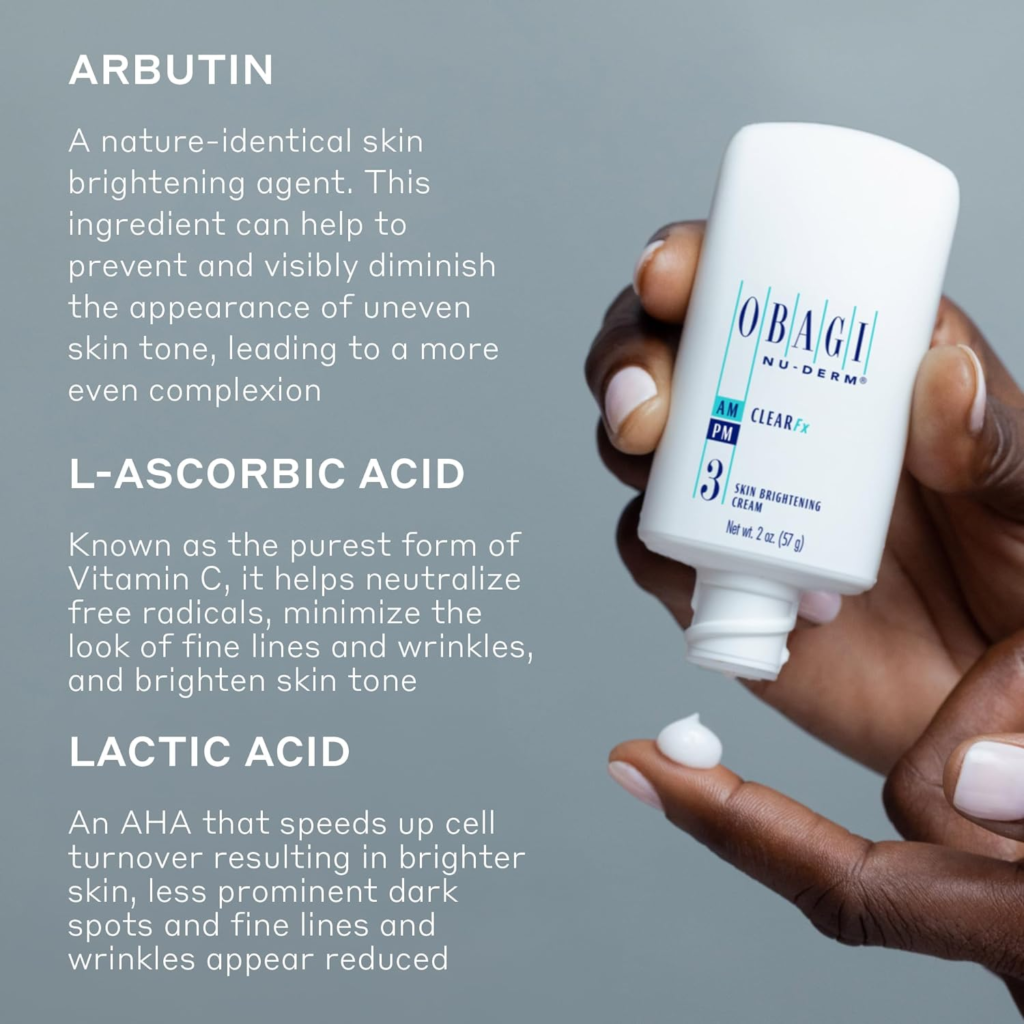

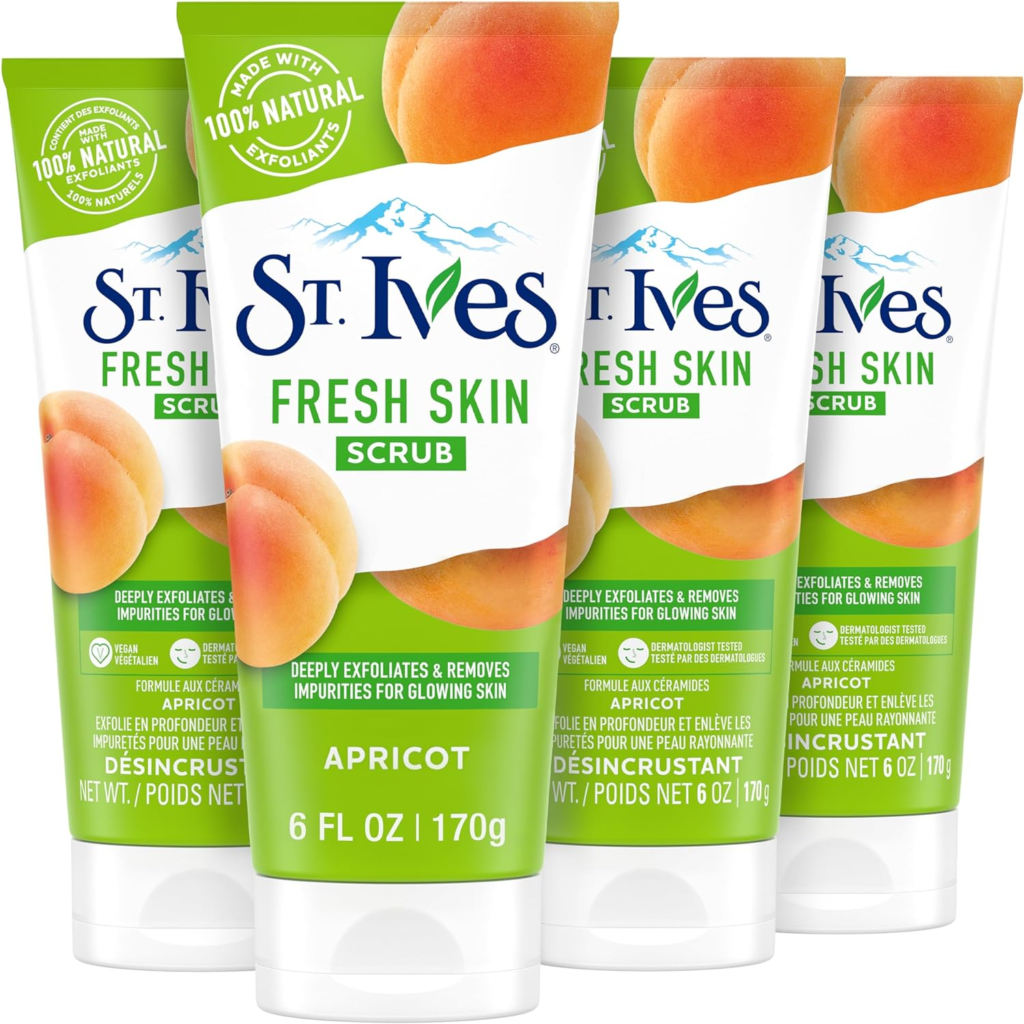


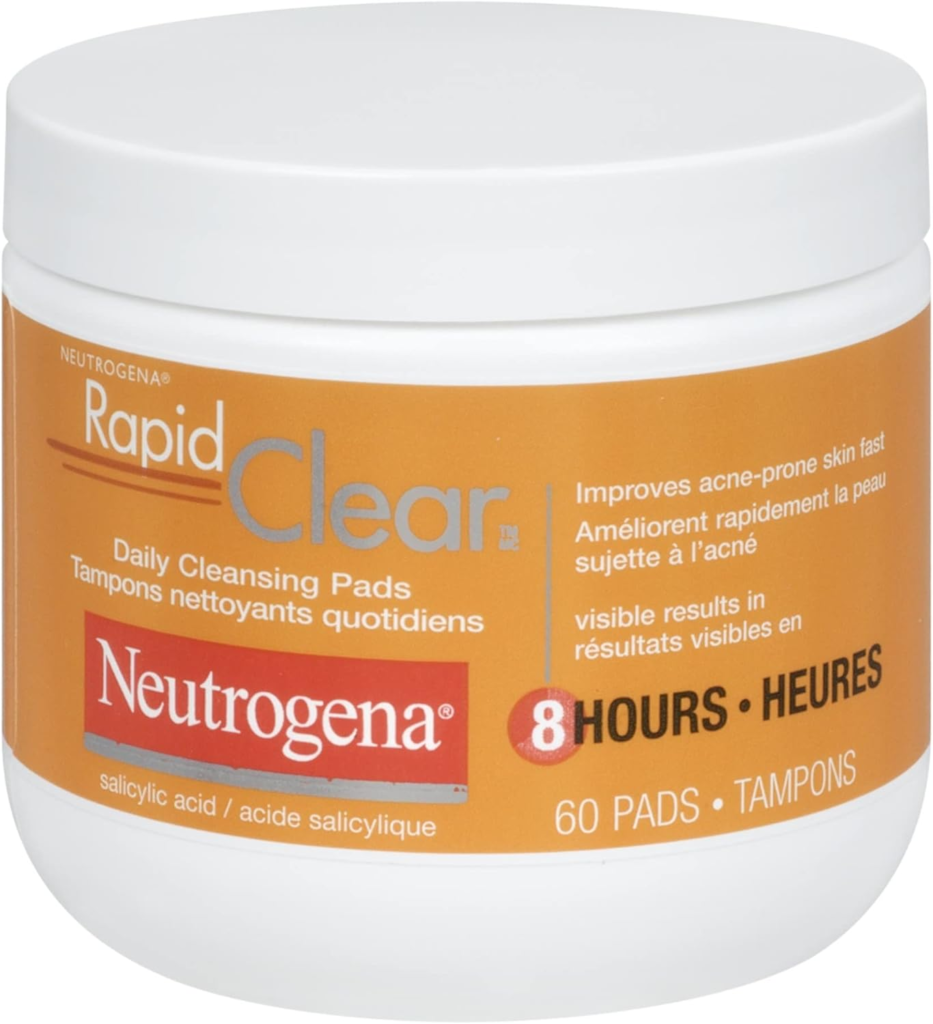
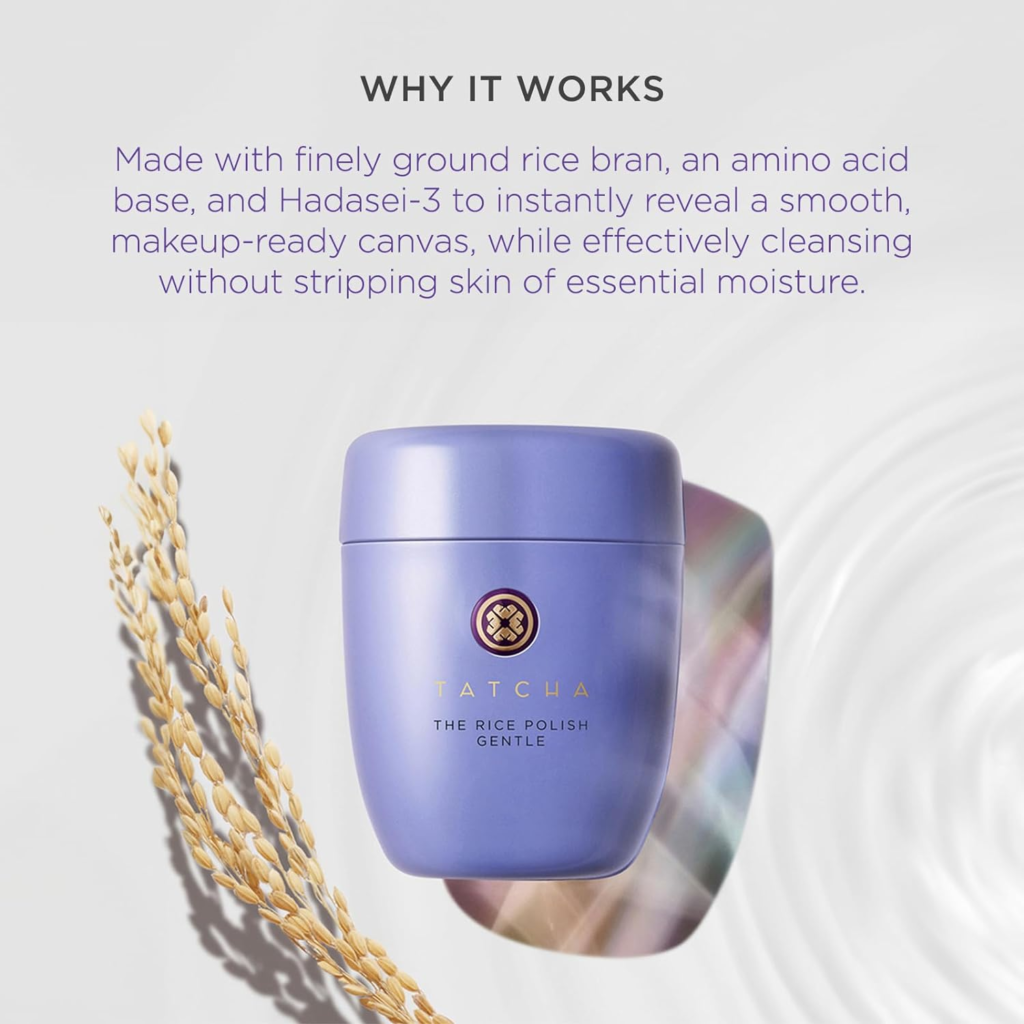
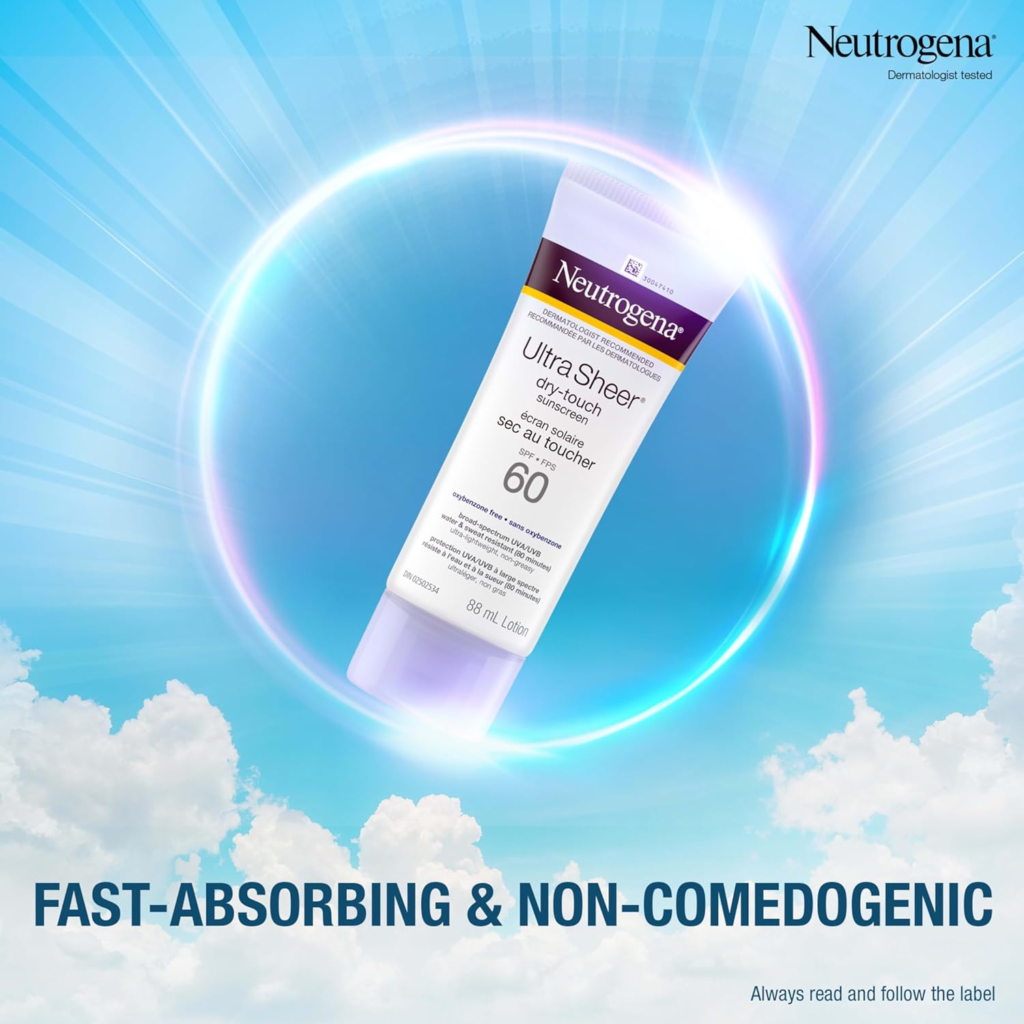


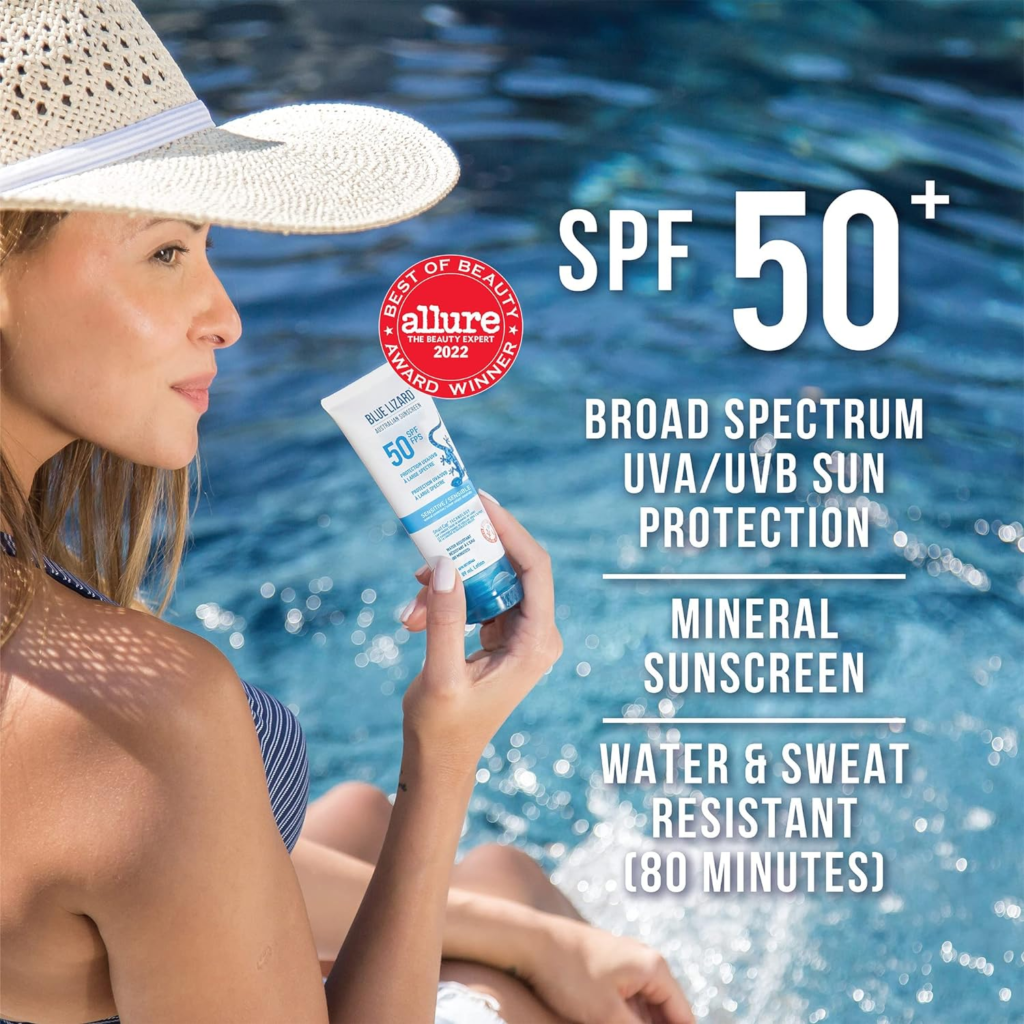
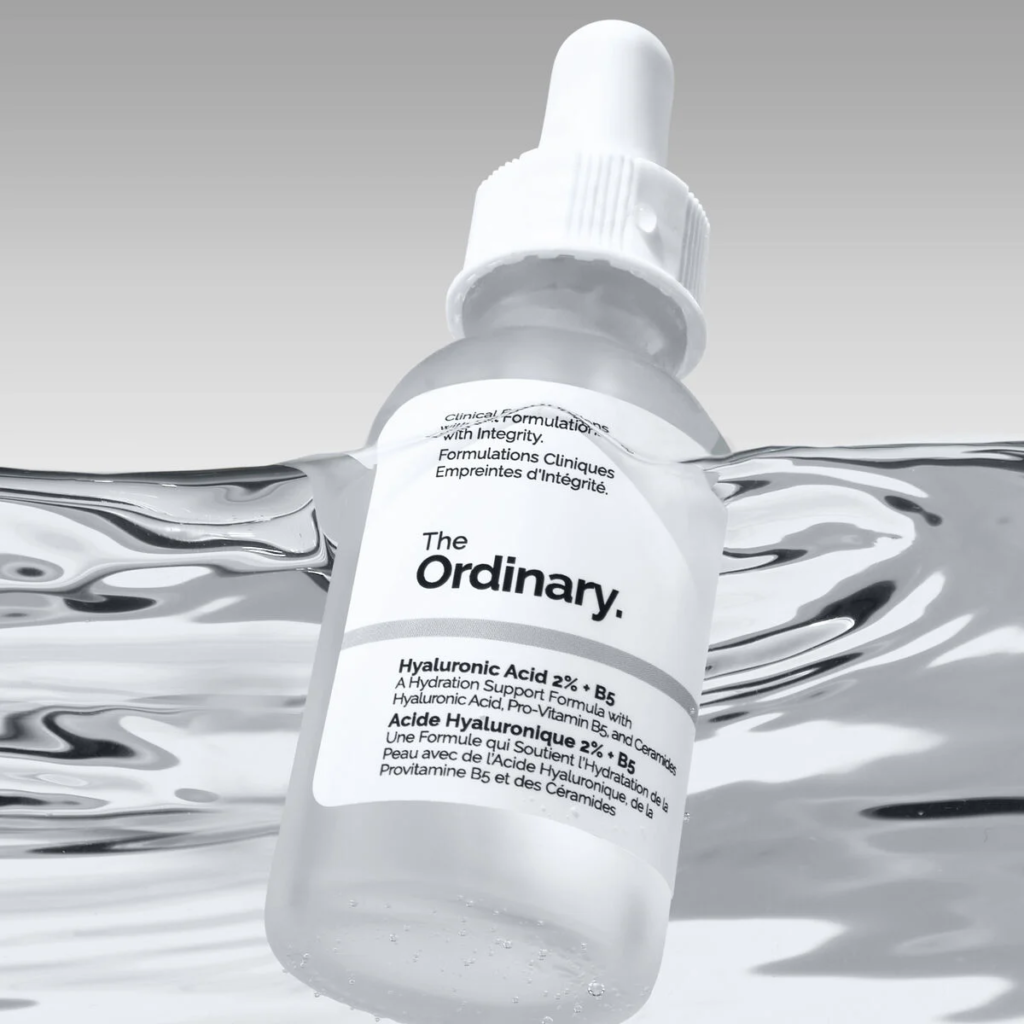
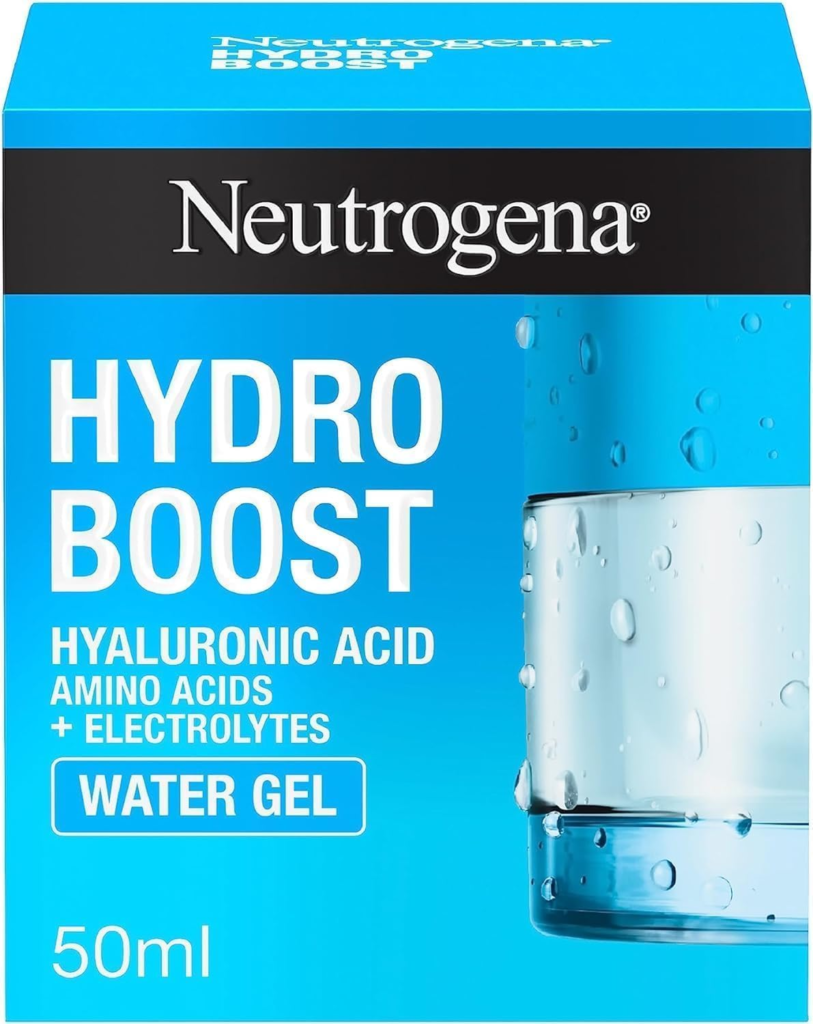
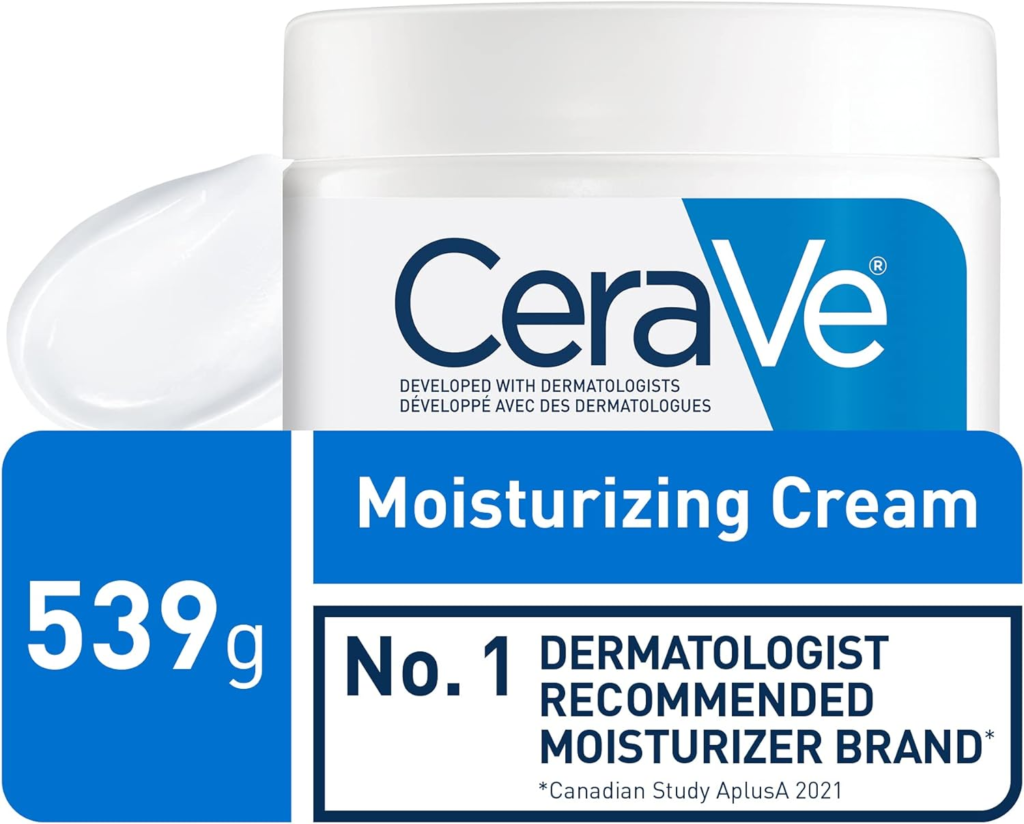
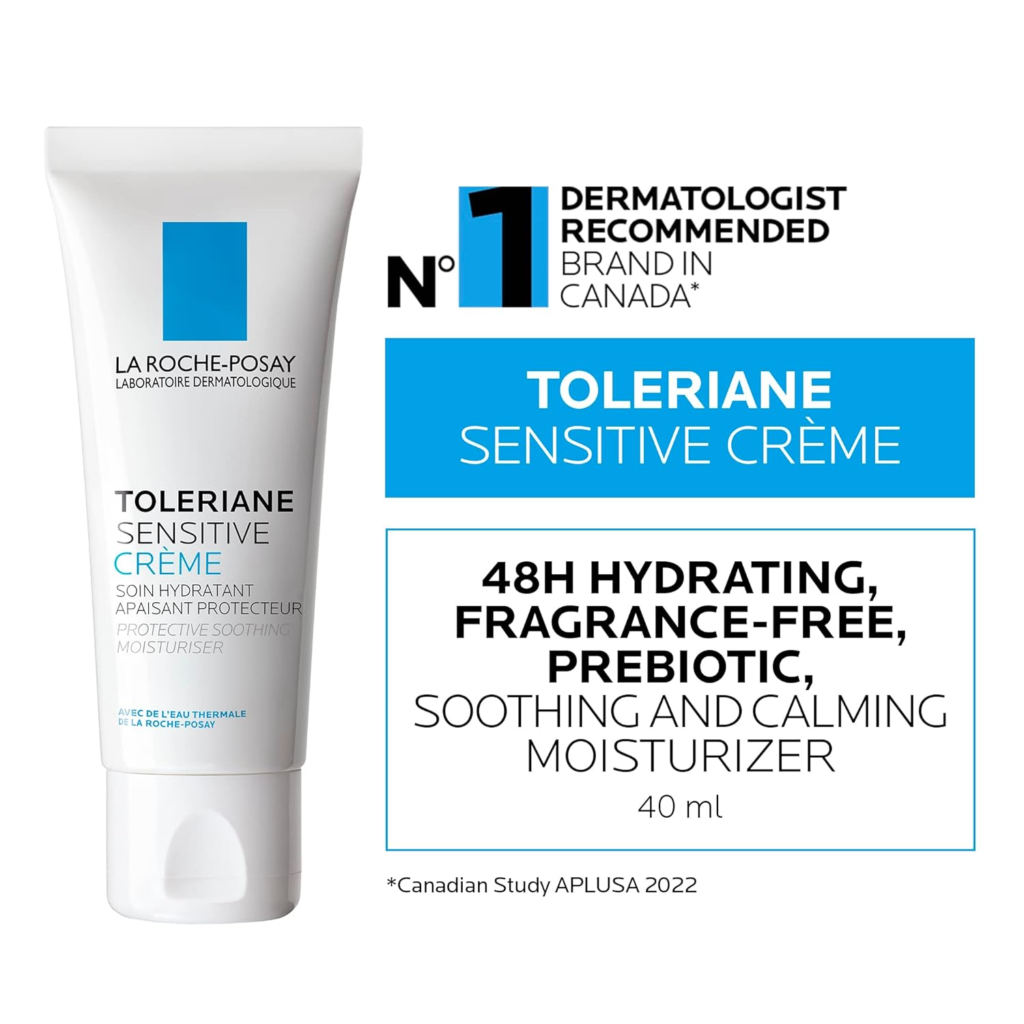
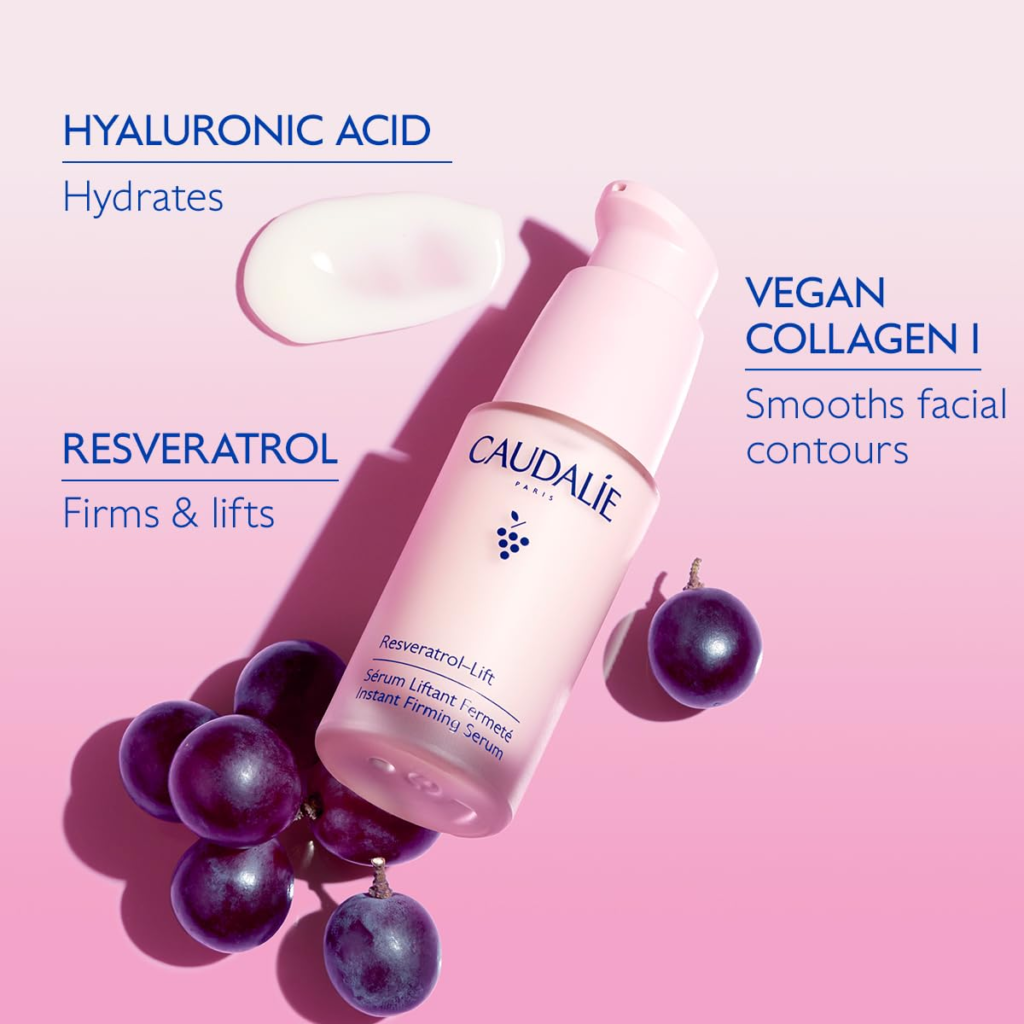
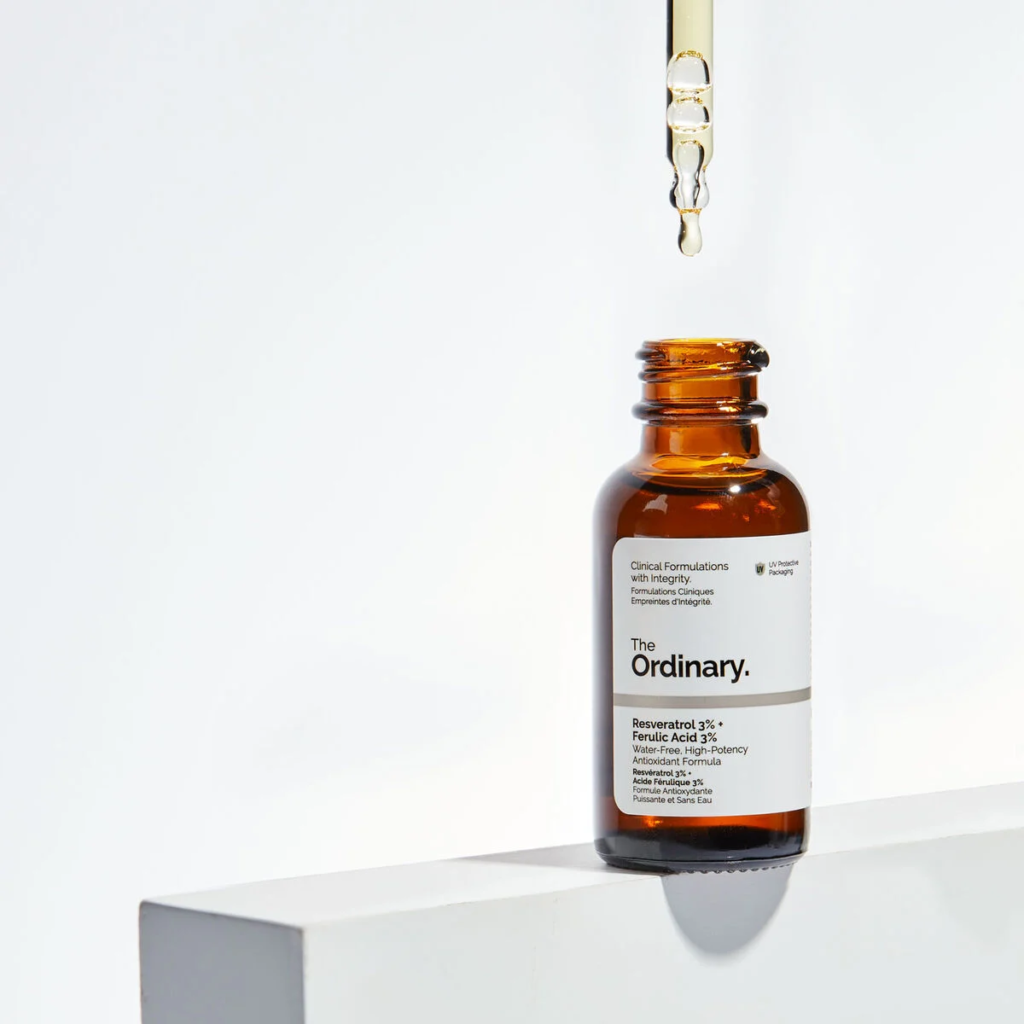

Pingback: 9 Skin Care Myths vs. Facts: What You Need to Know for Healthier Skin - Cindy Umeki